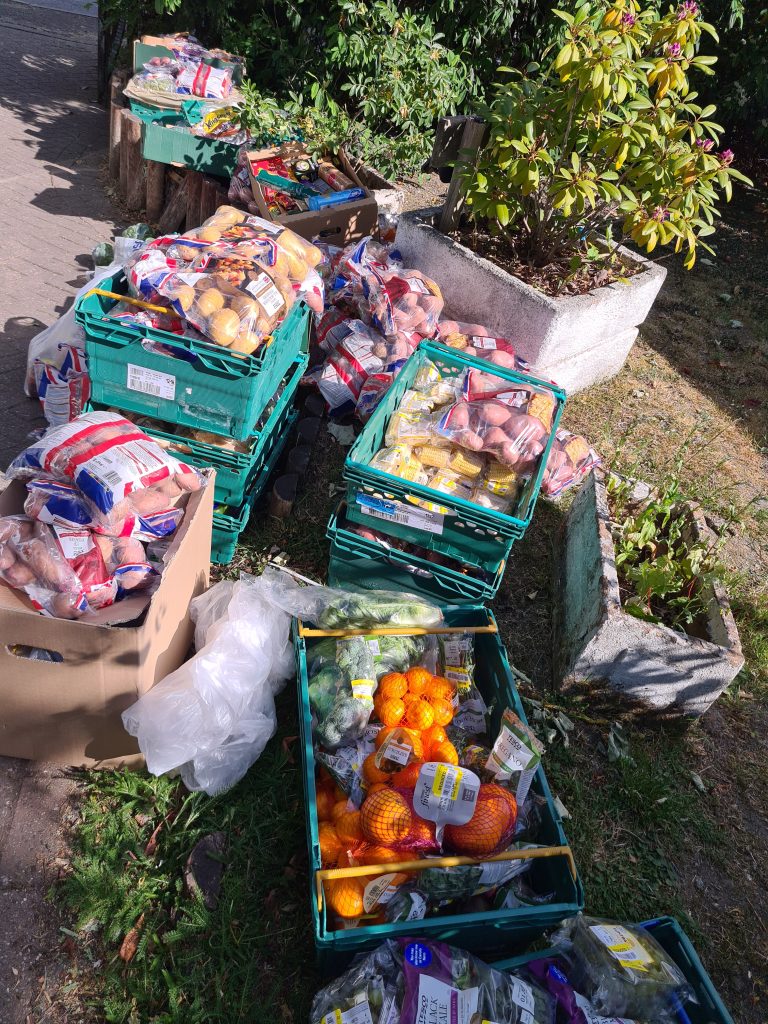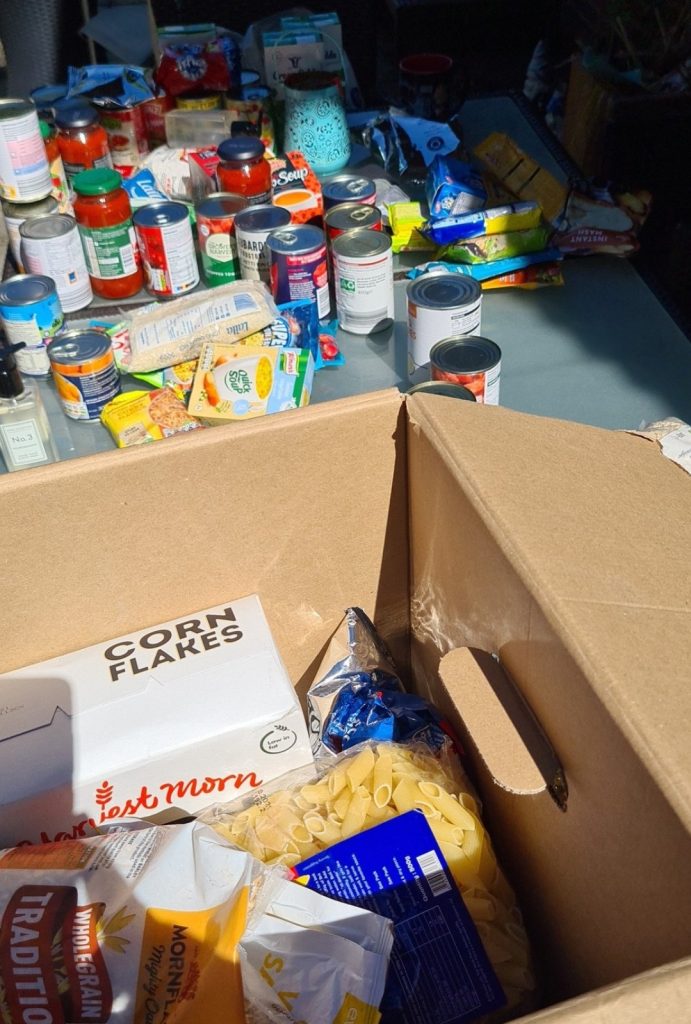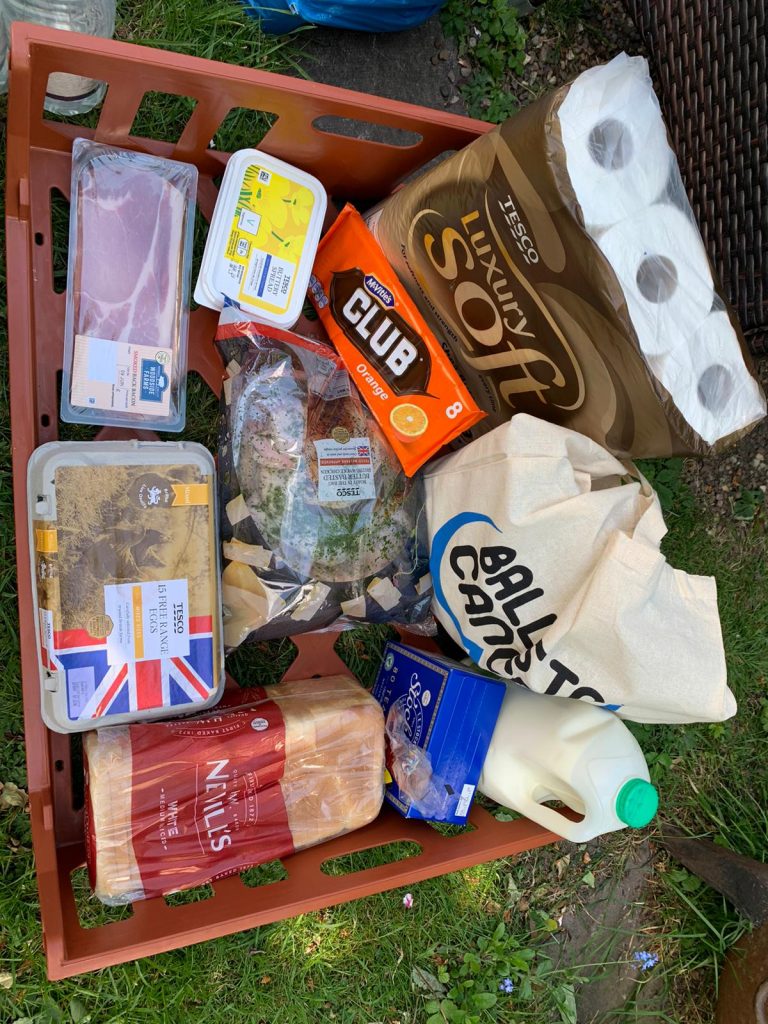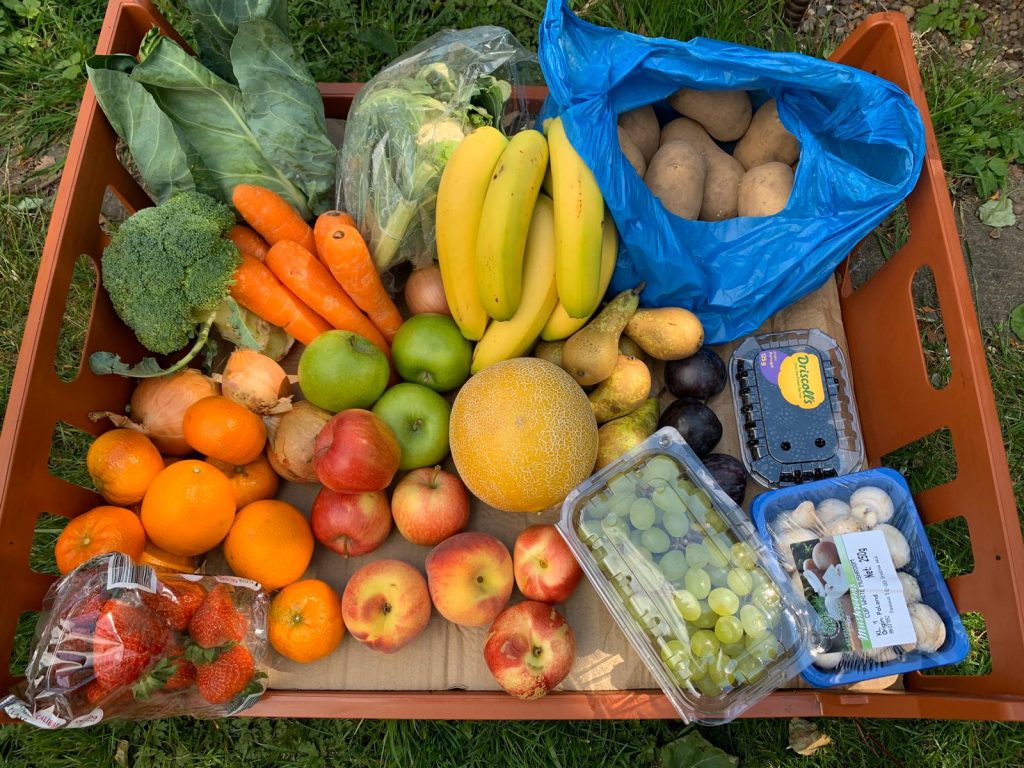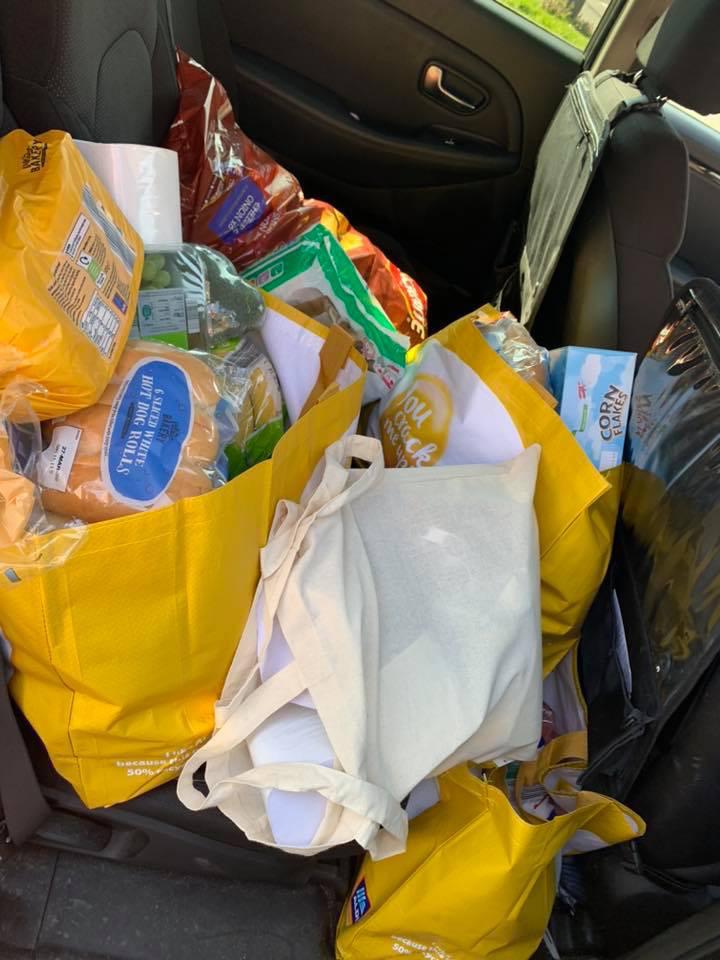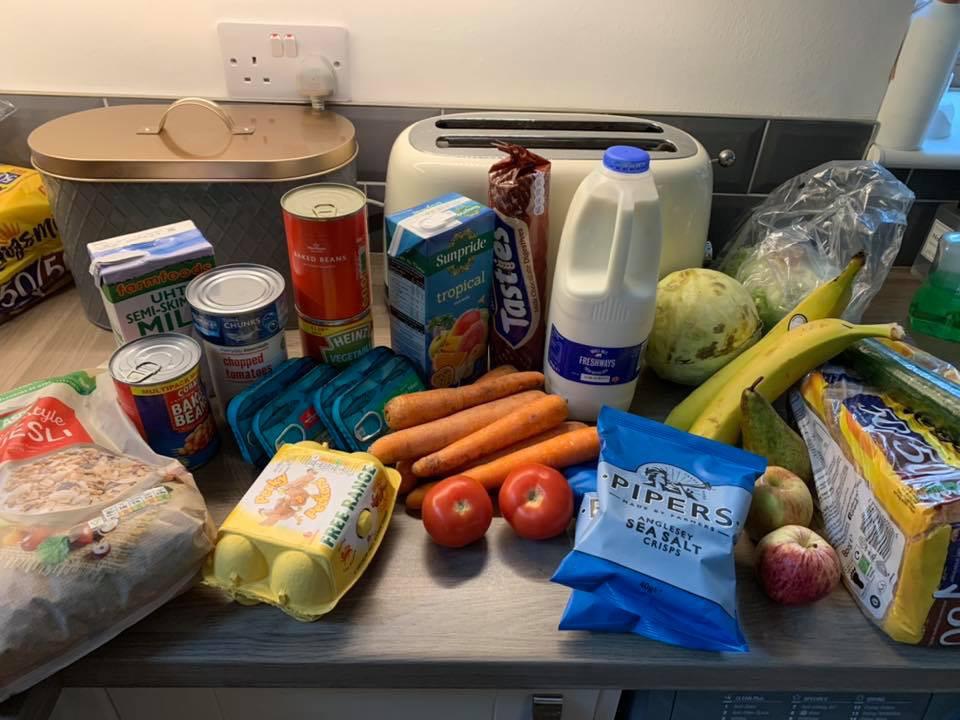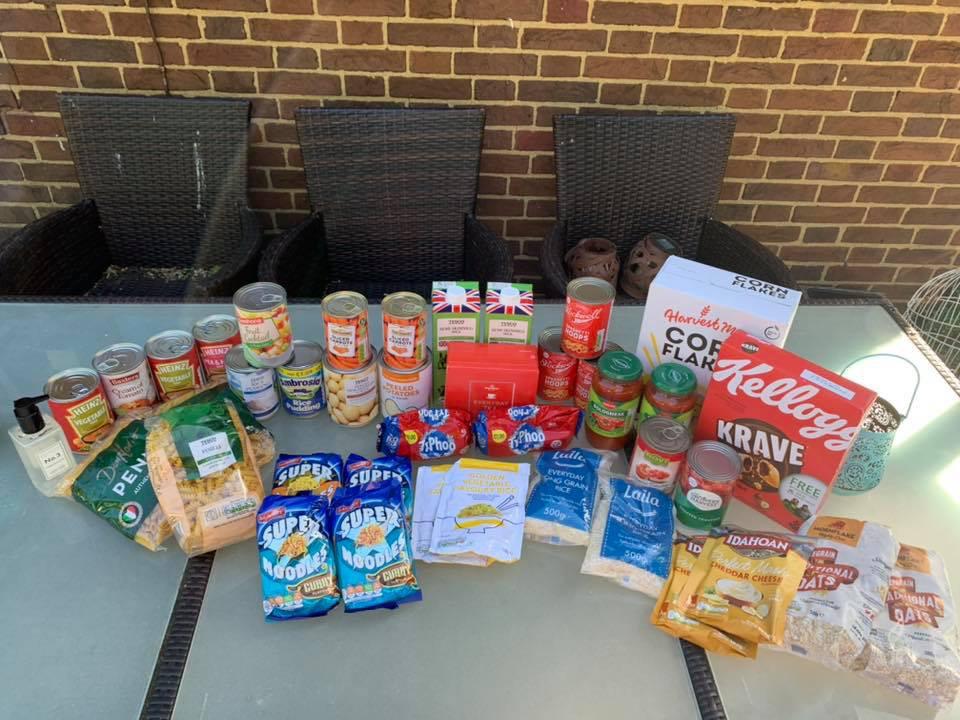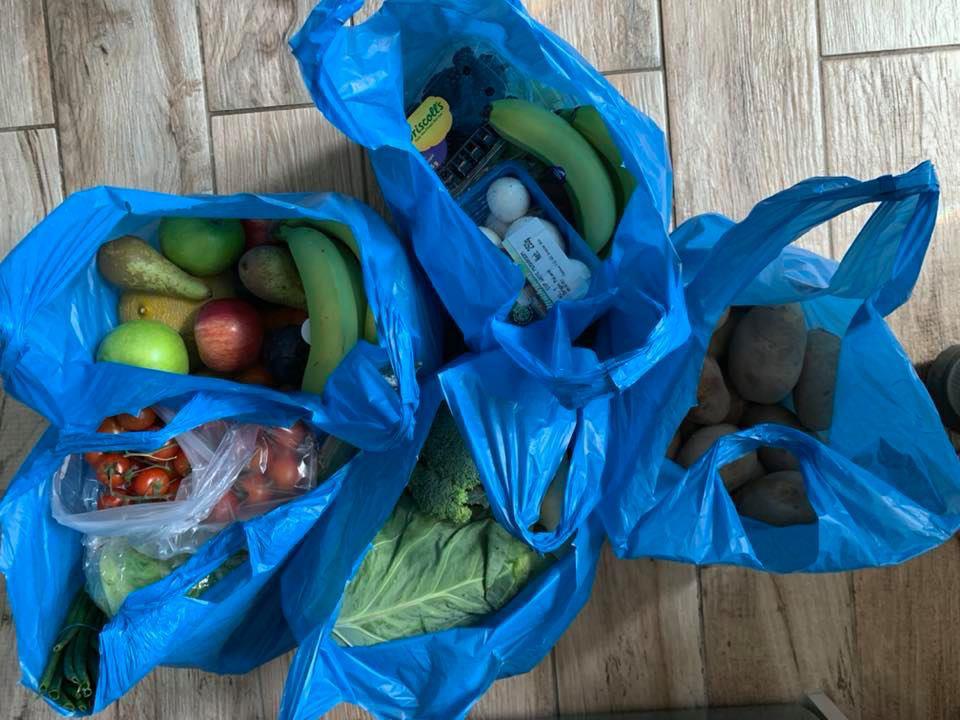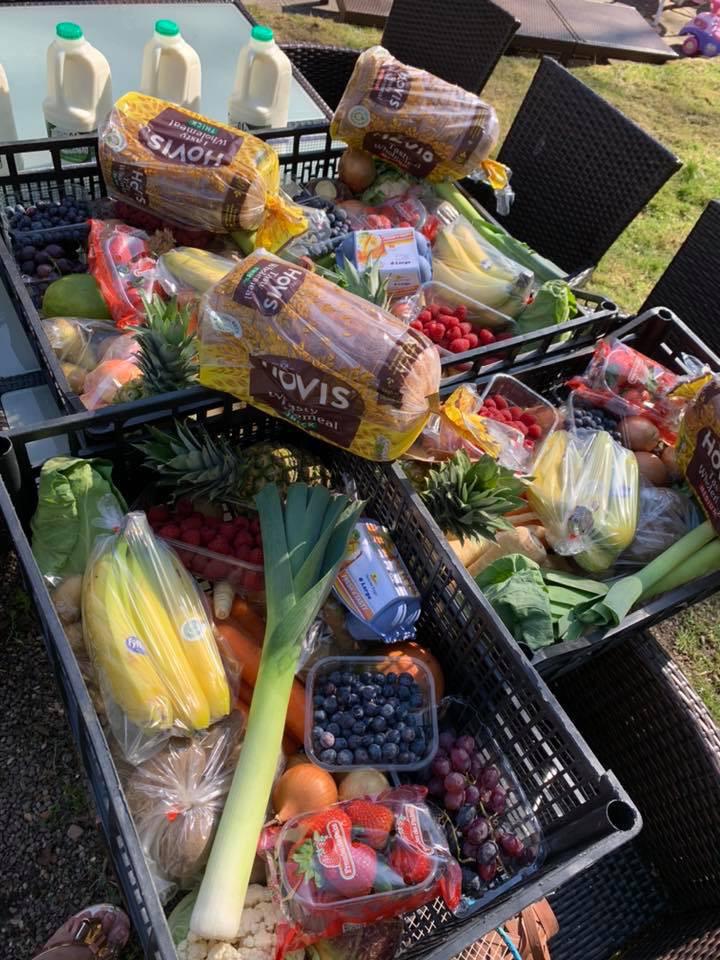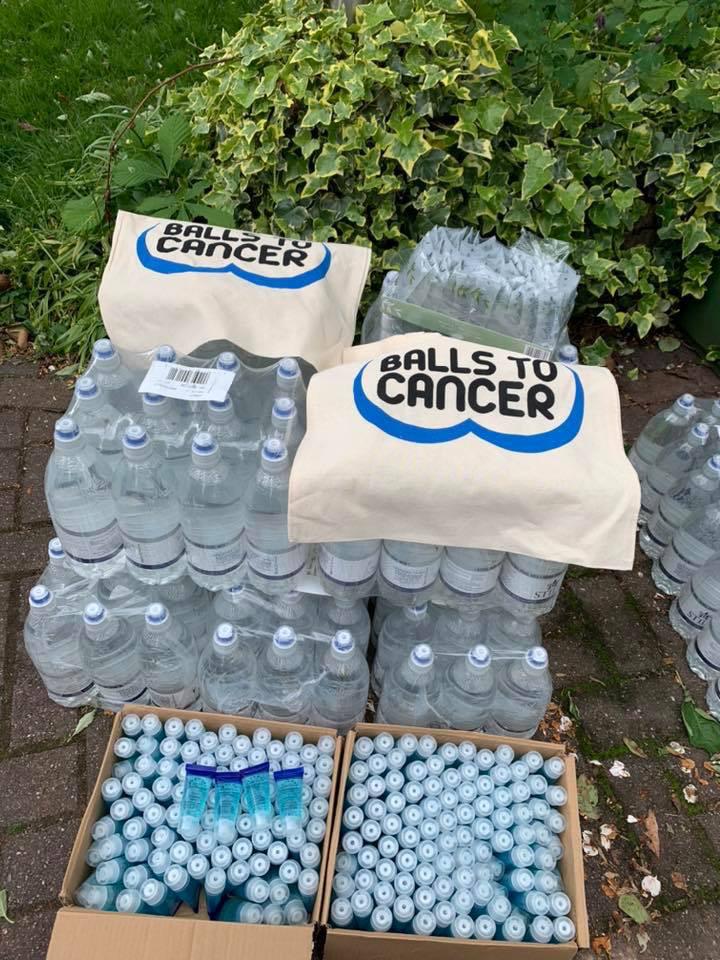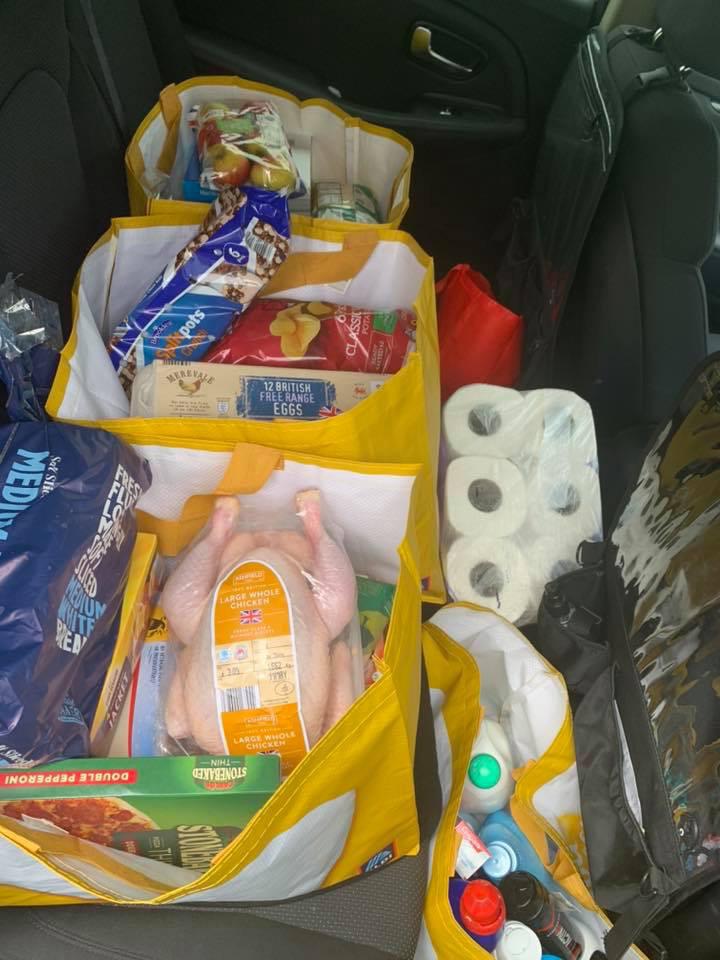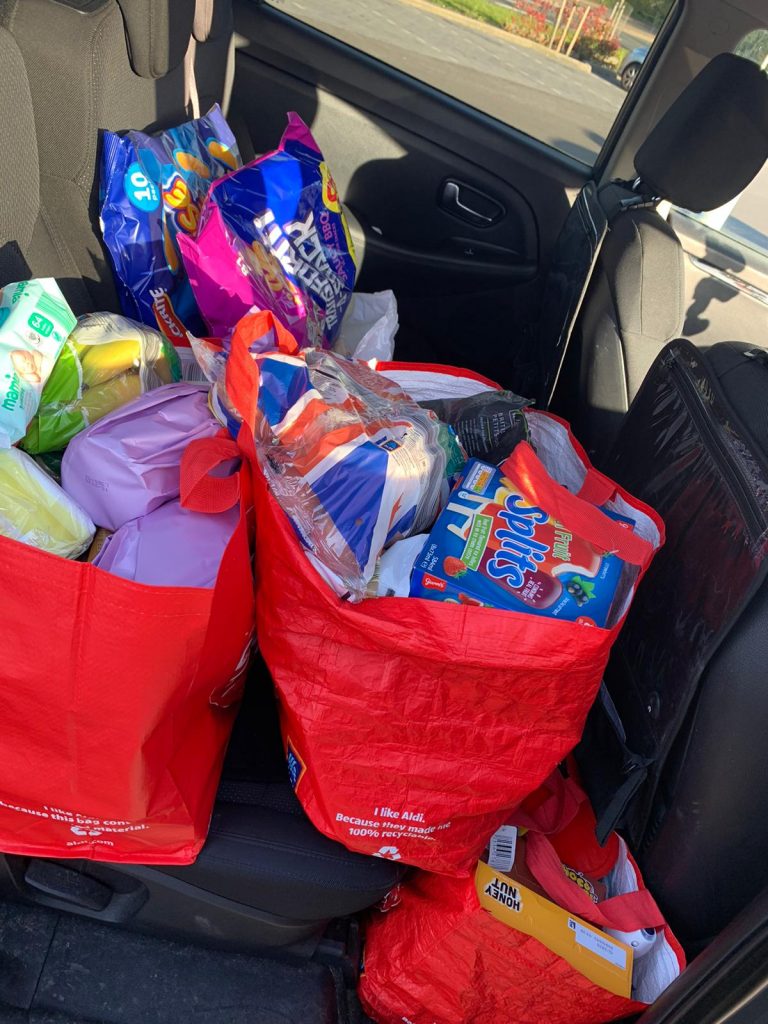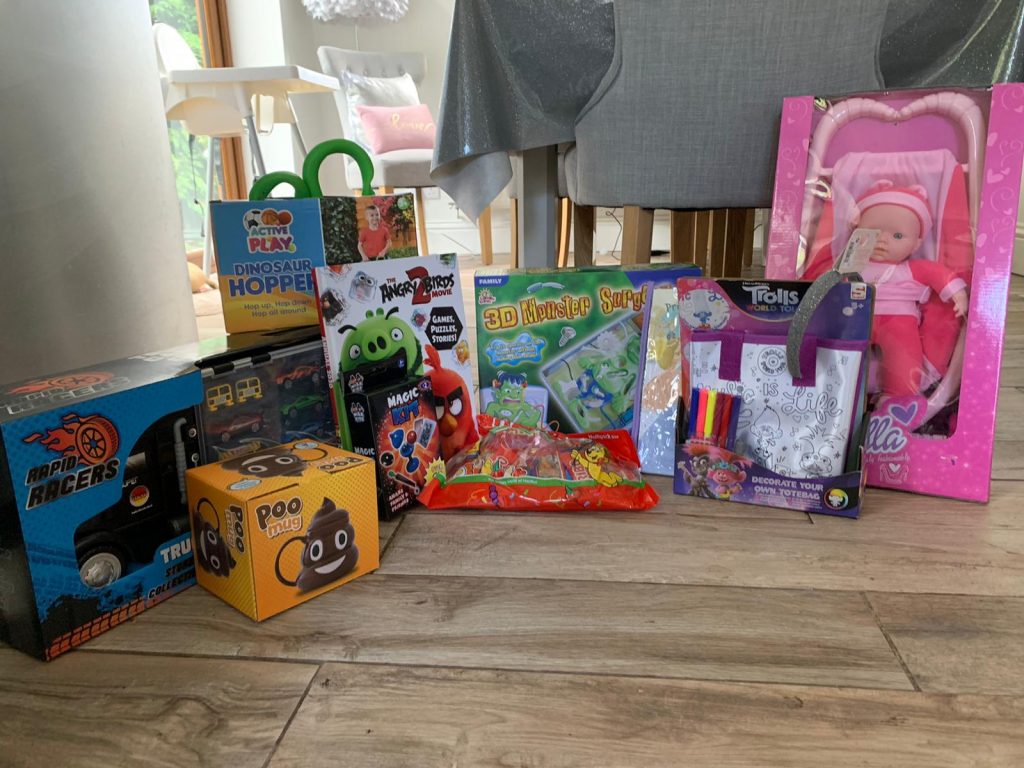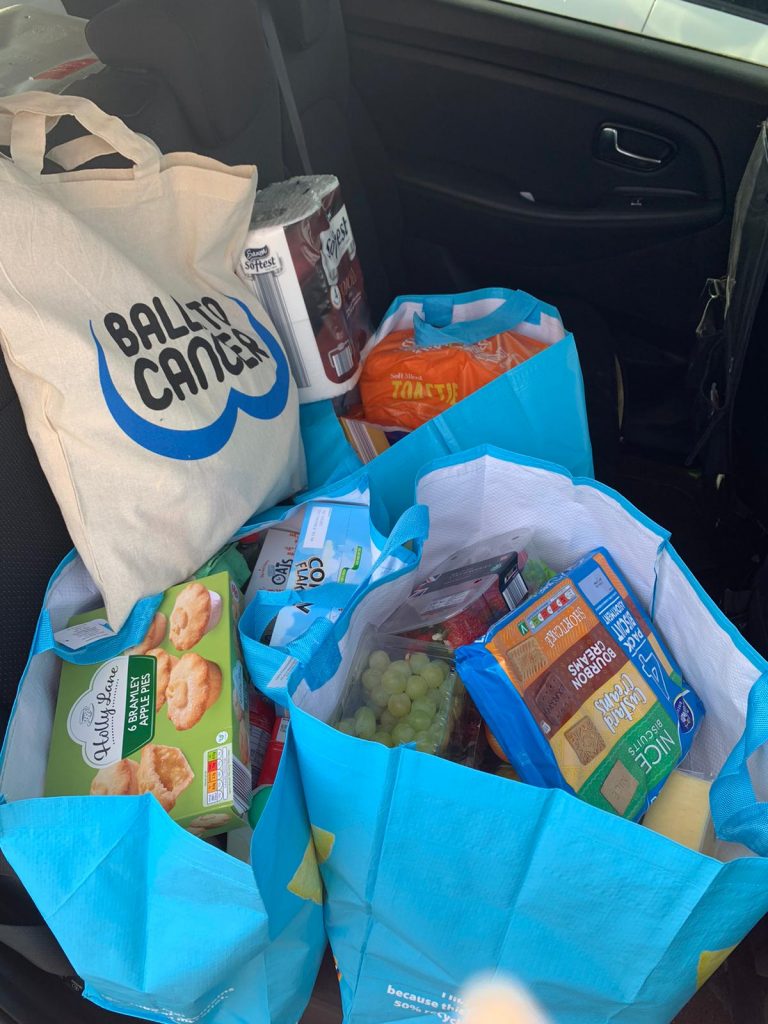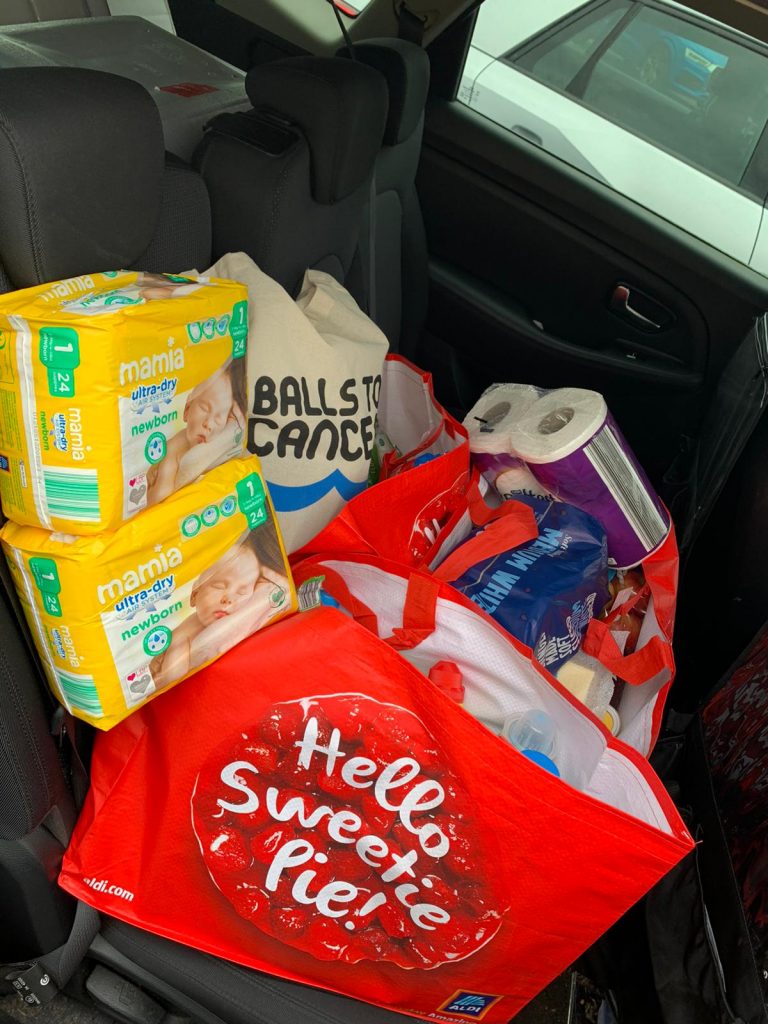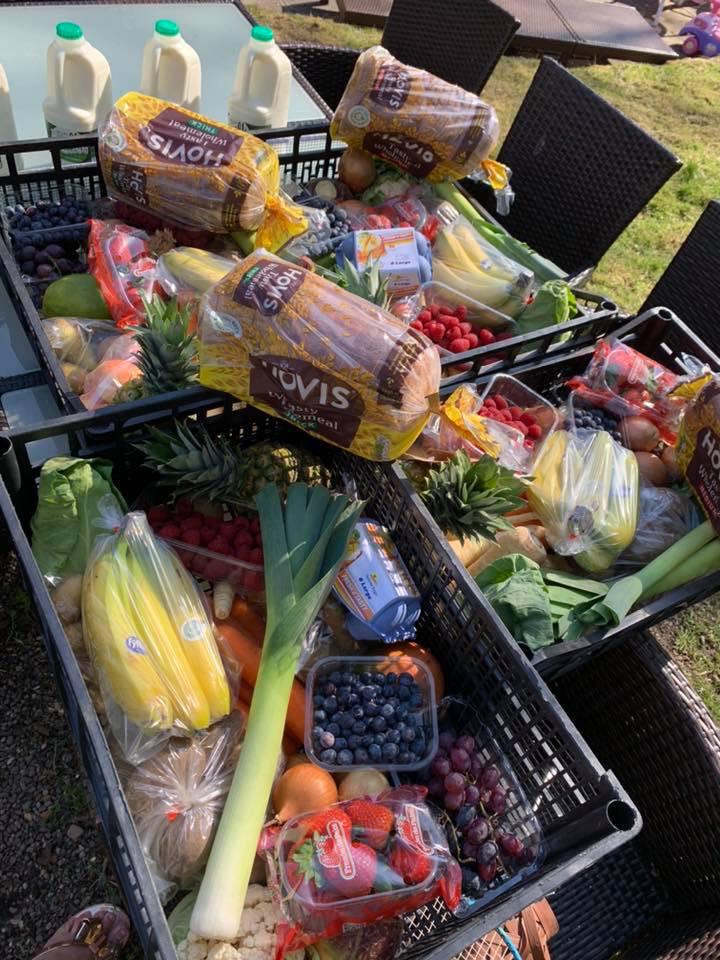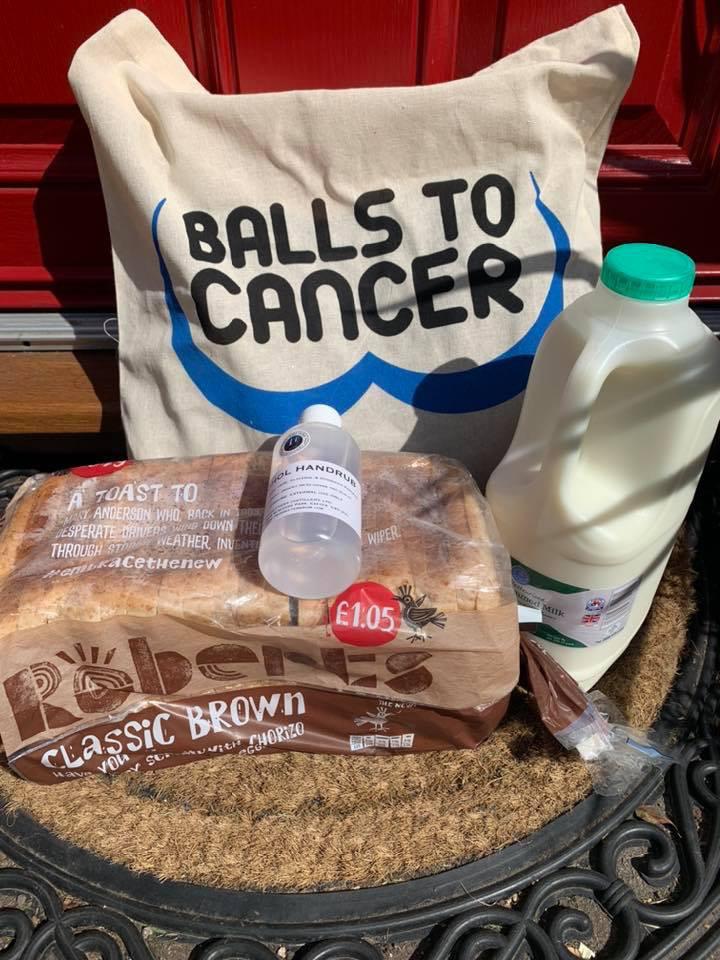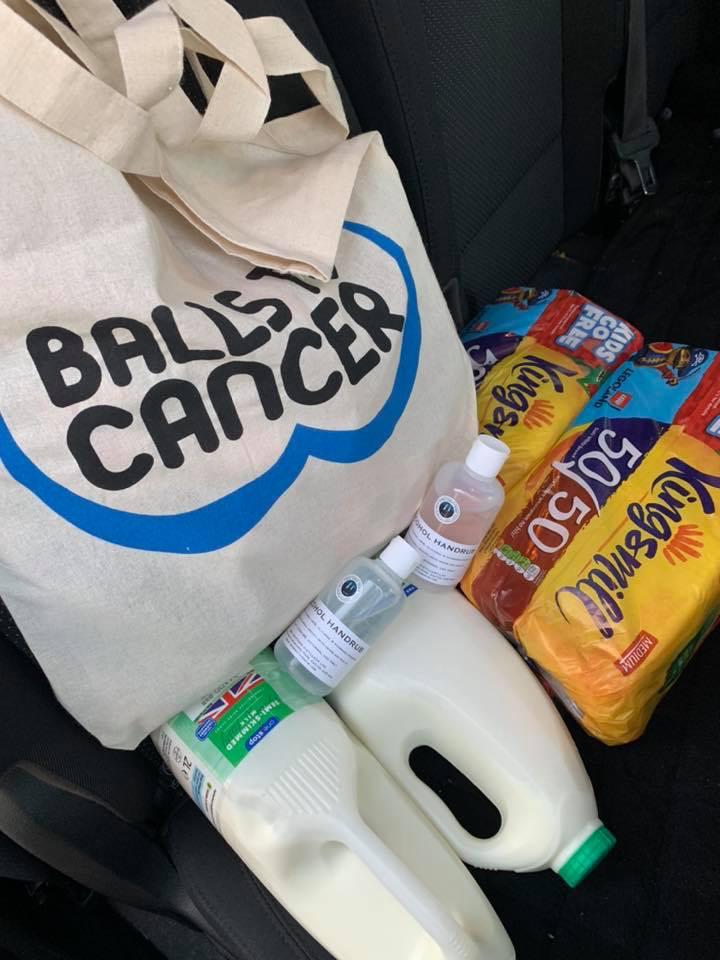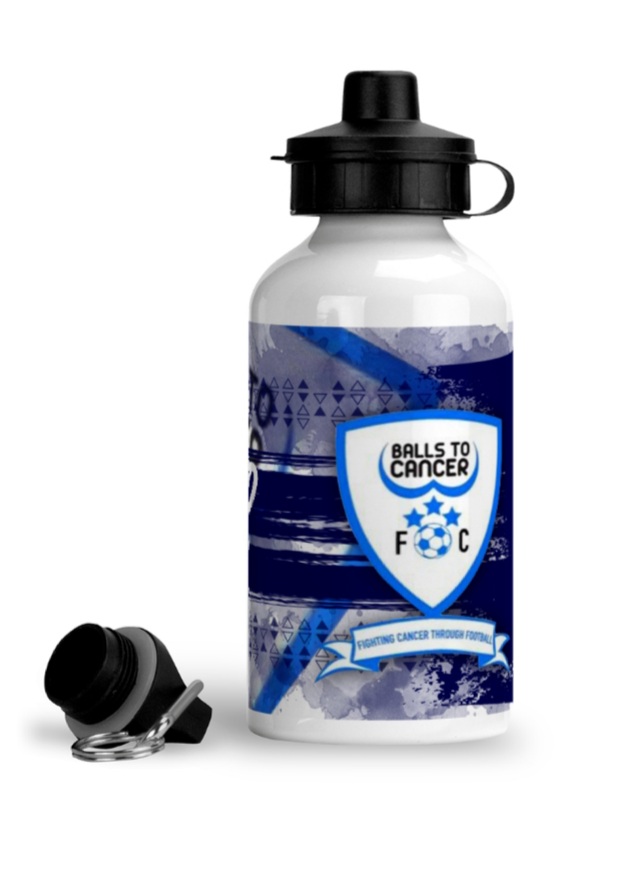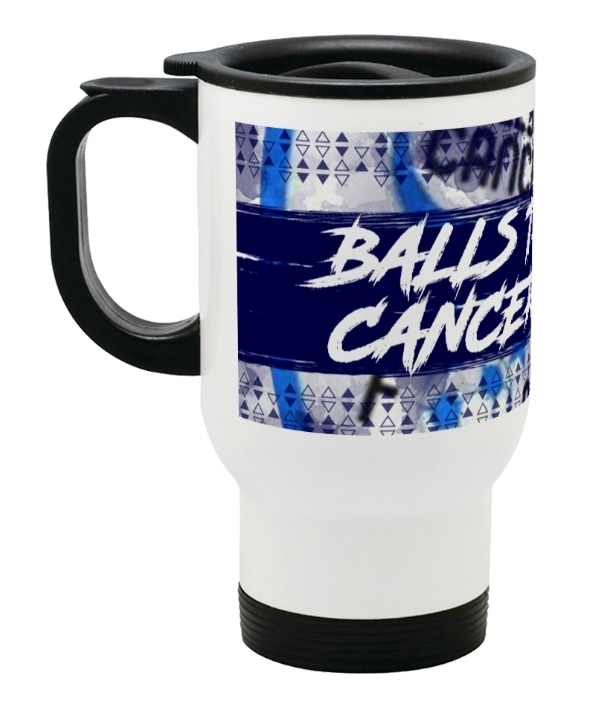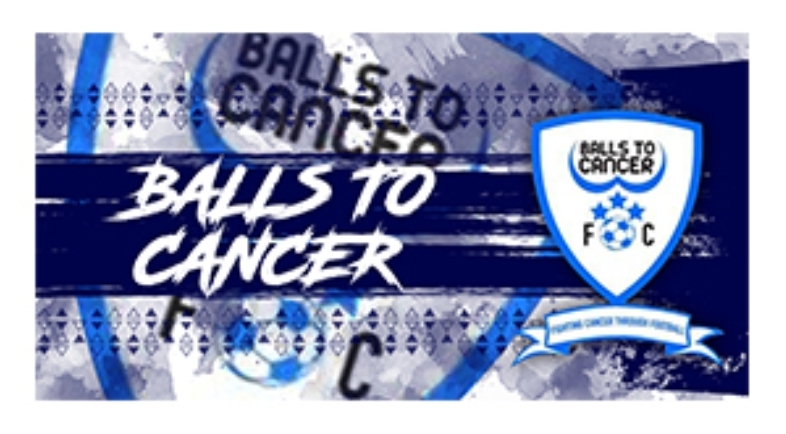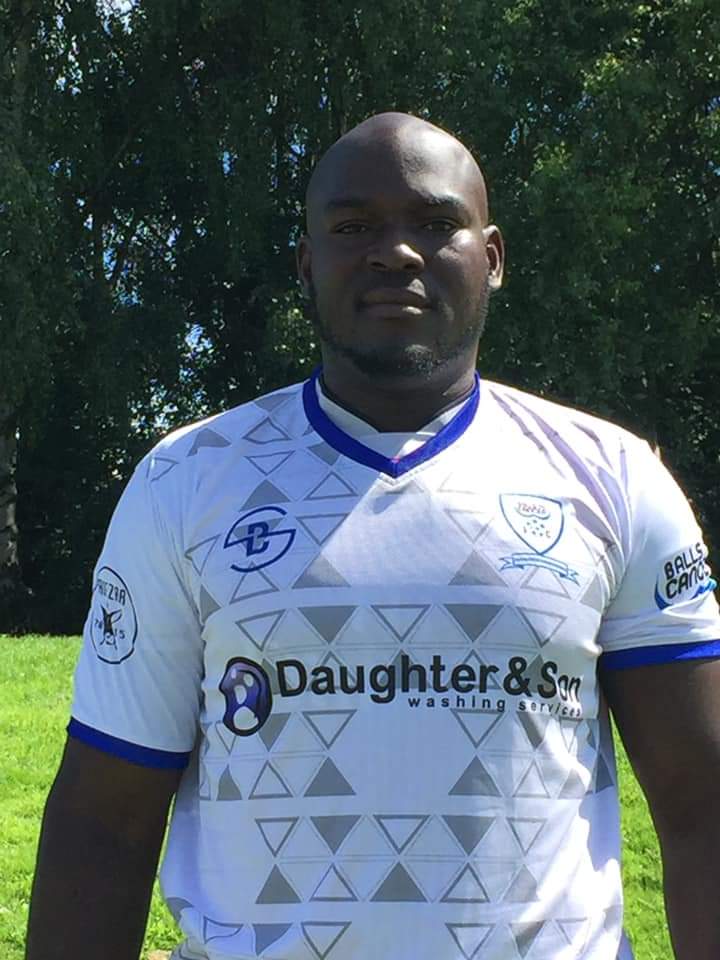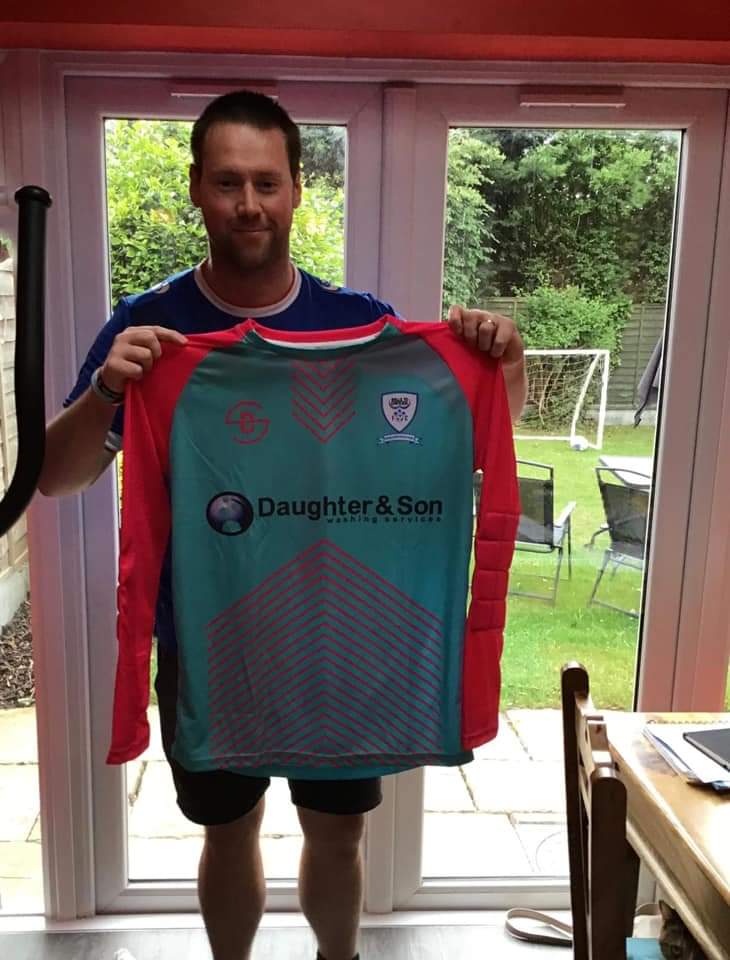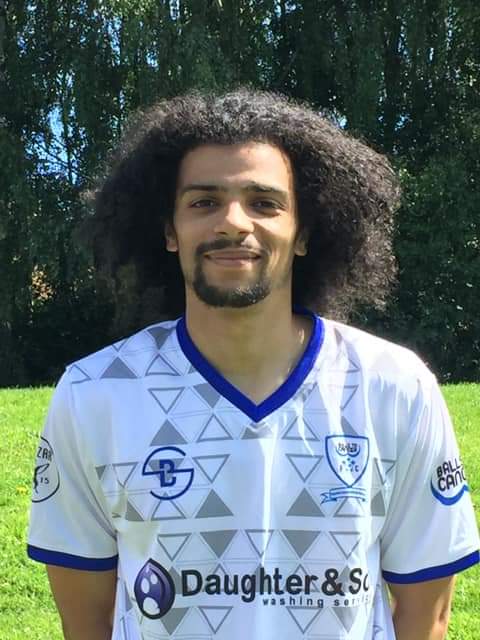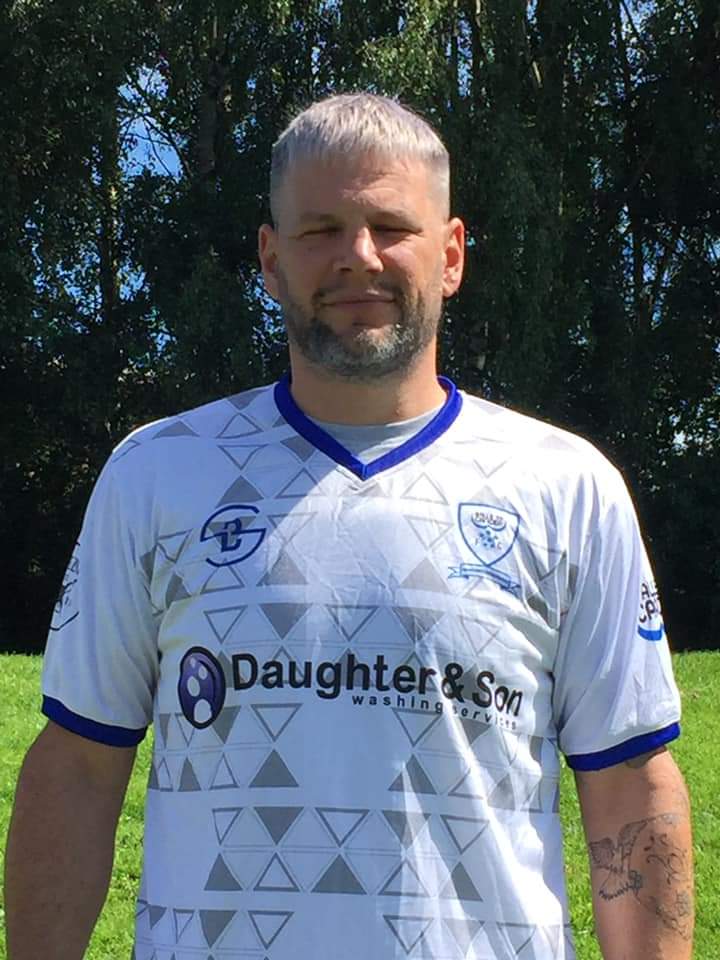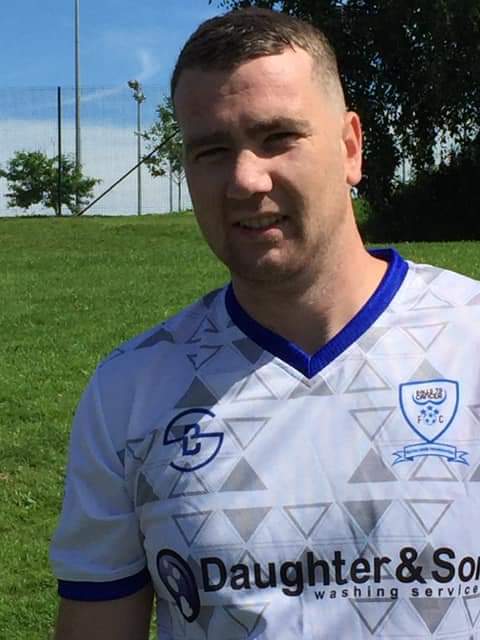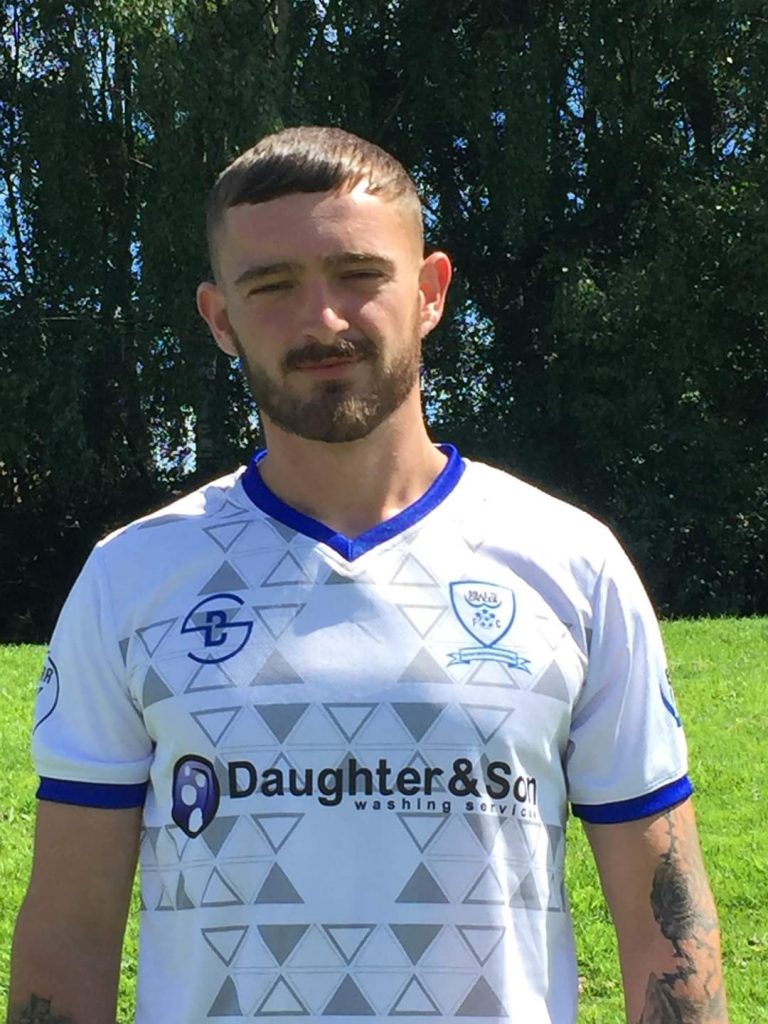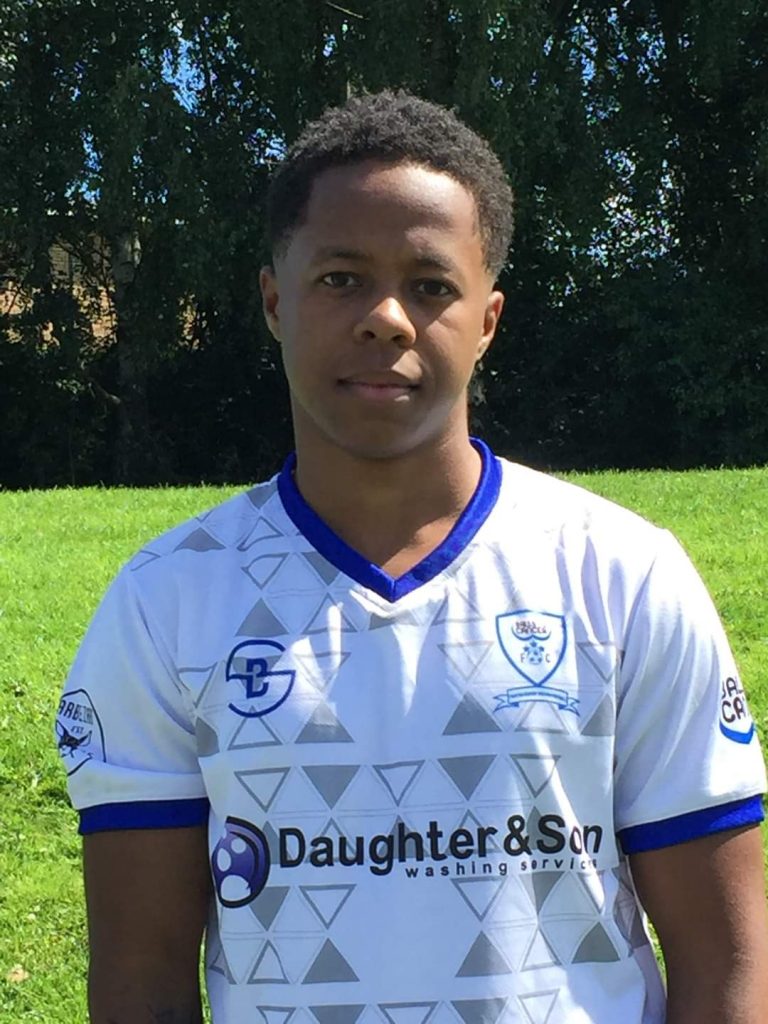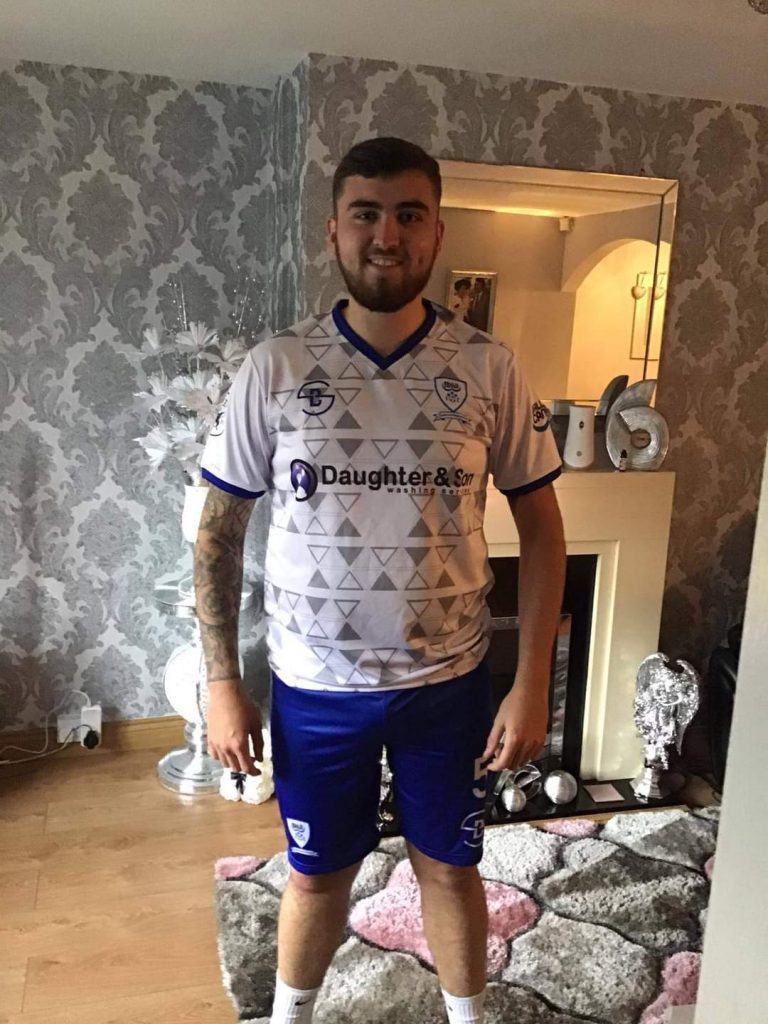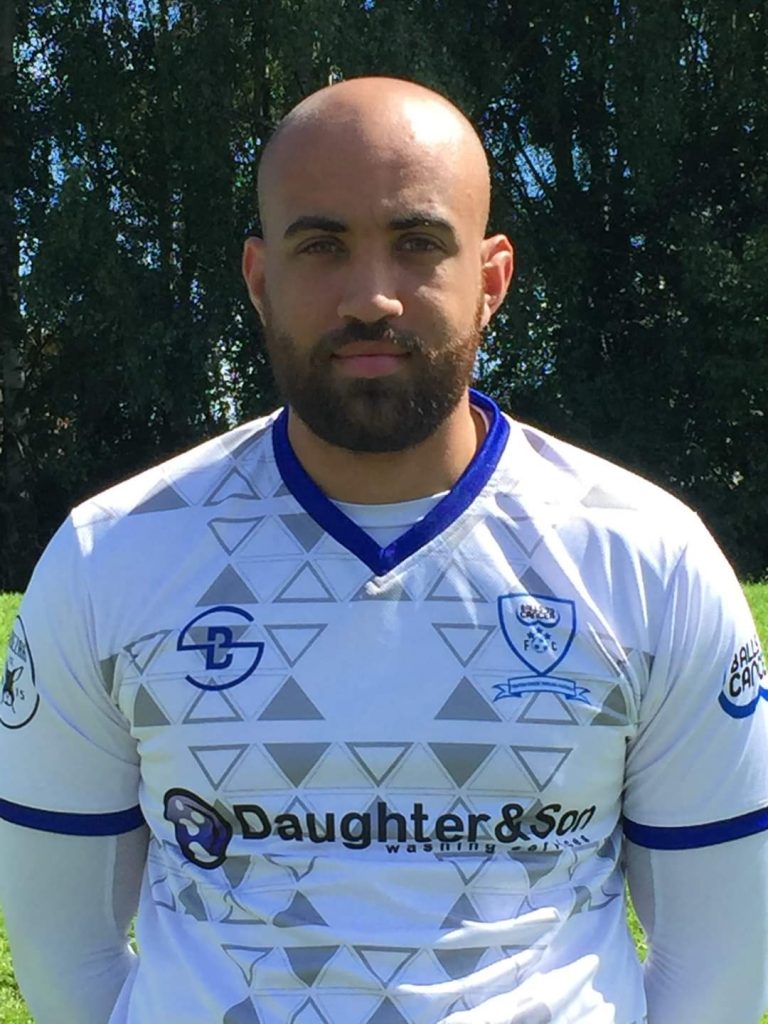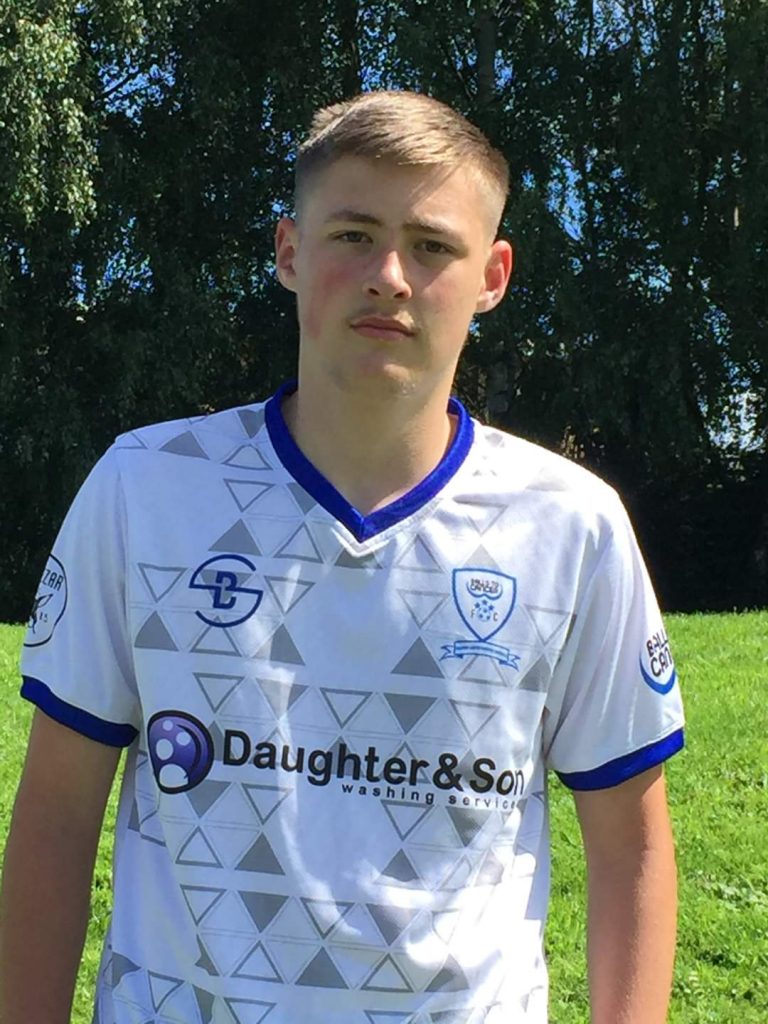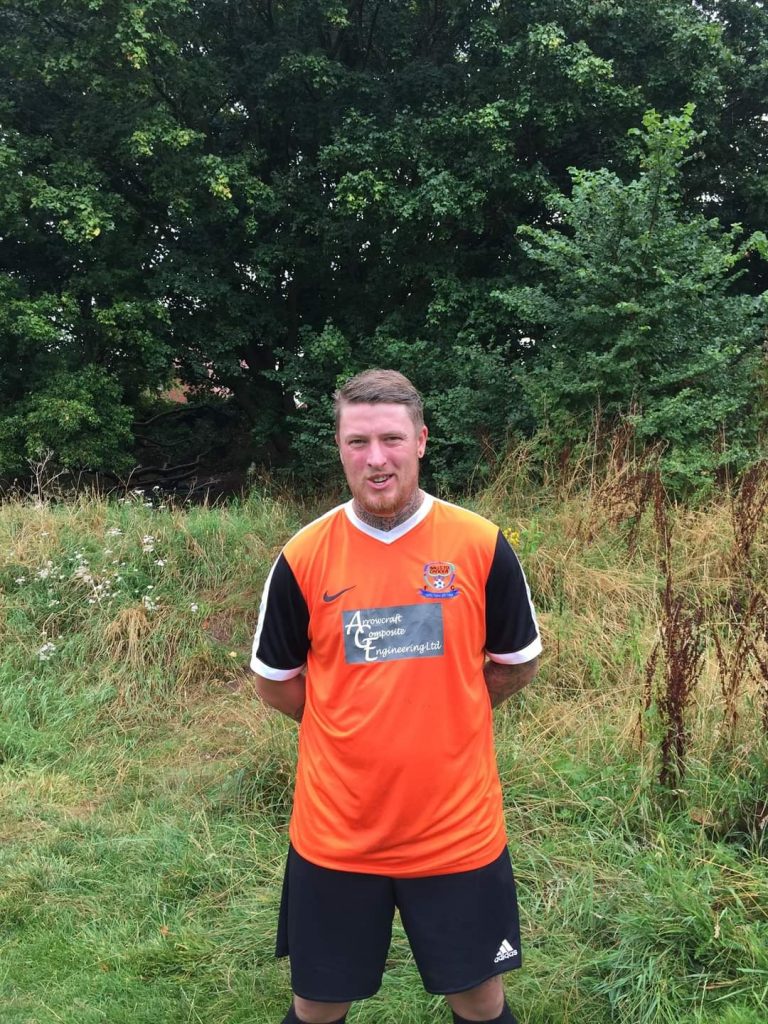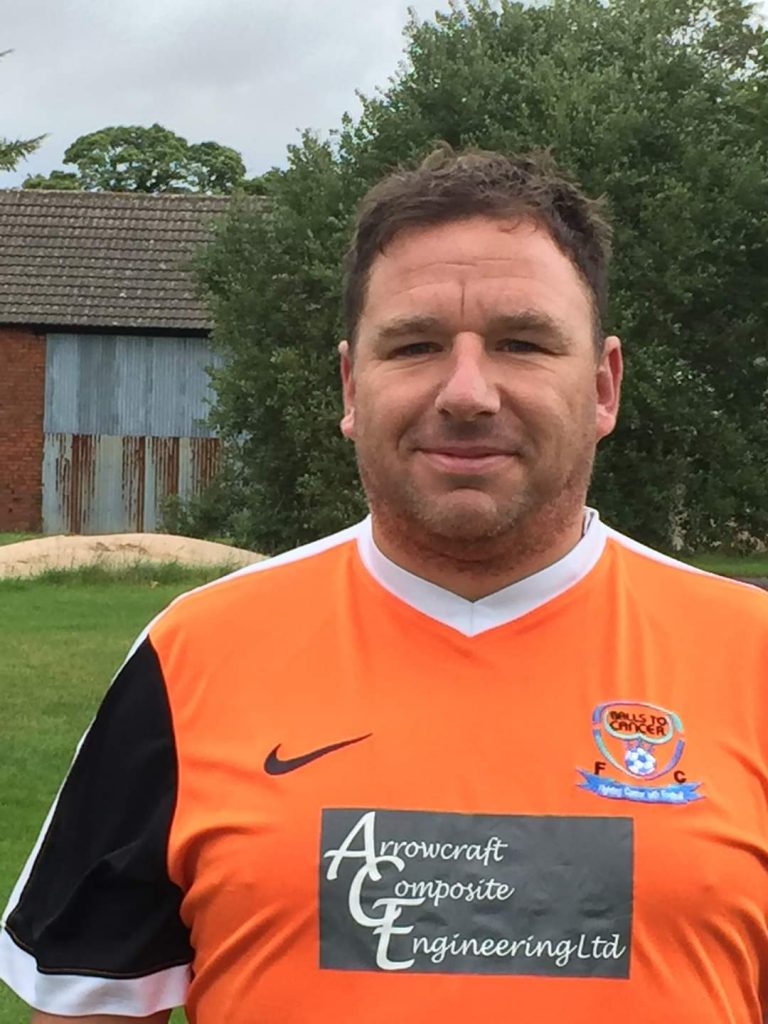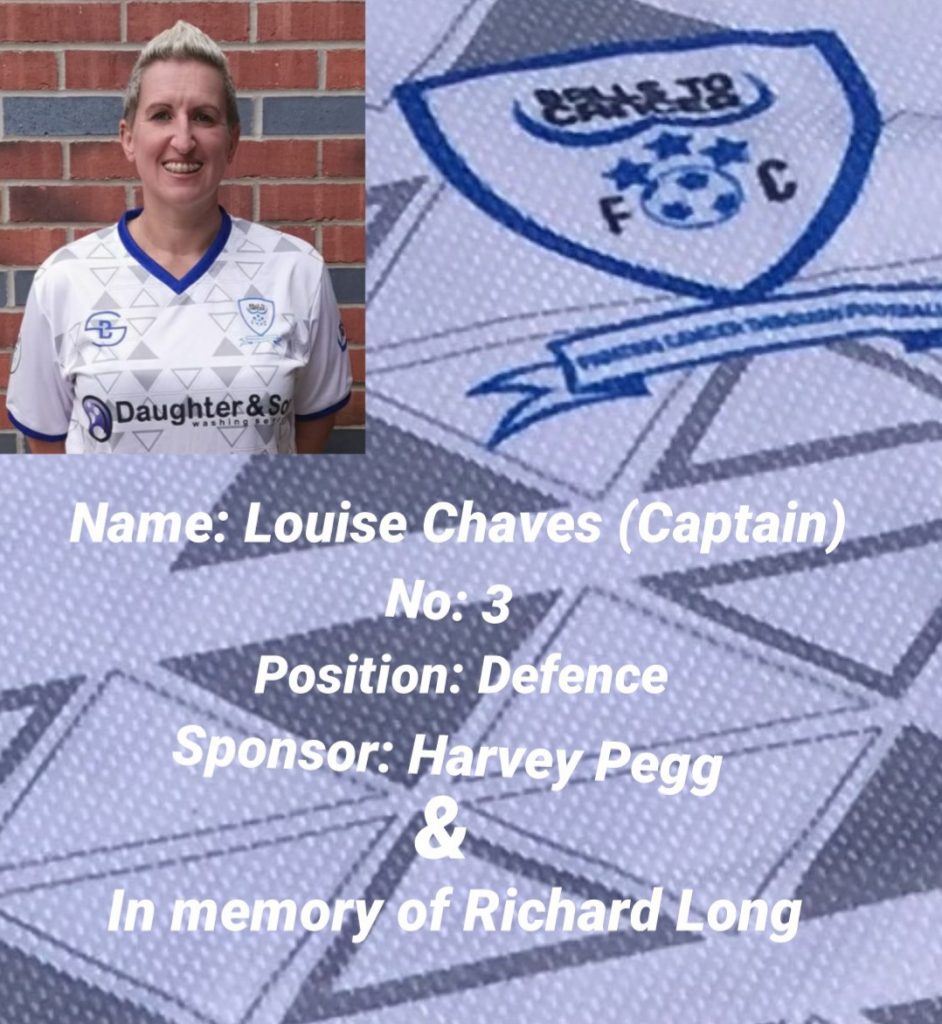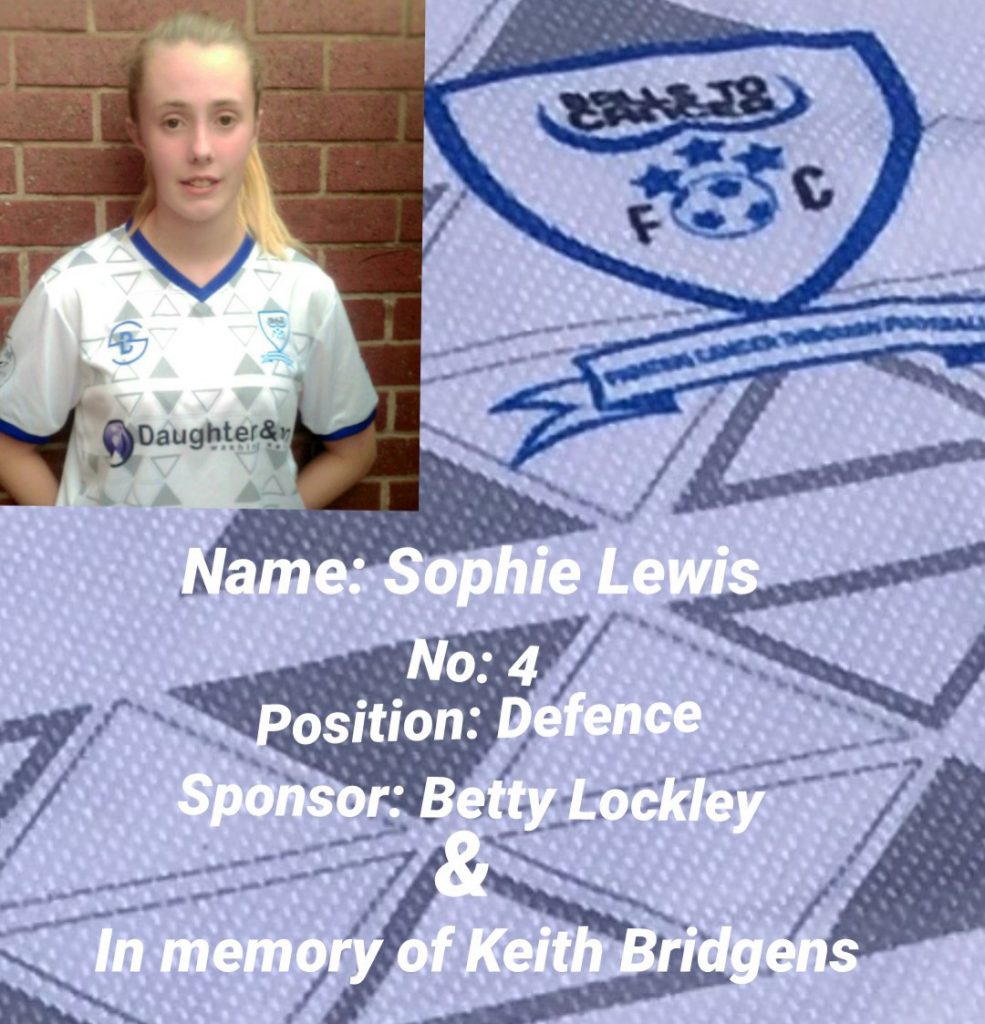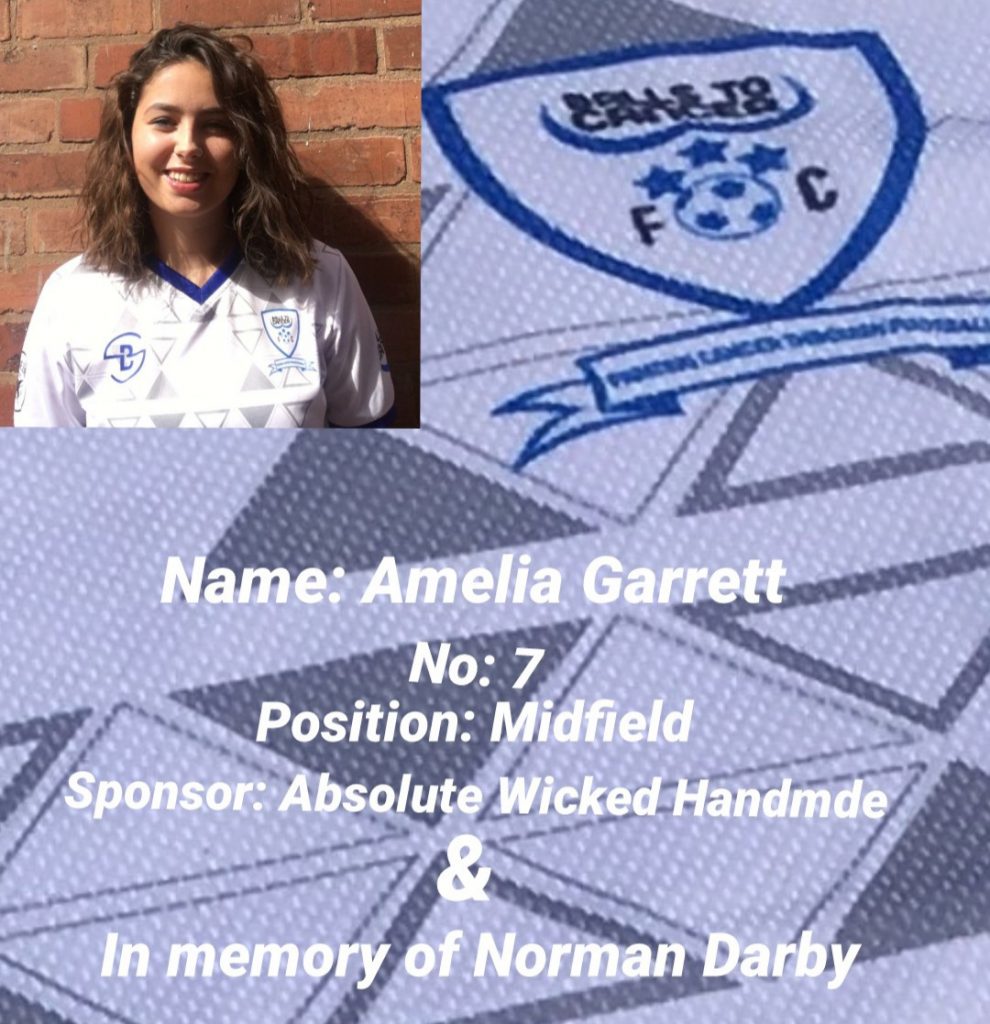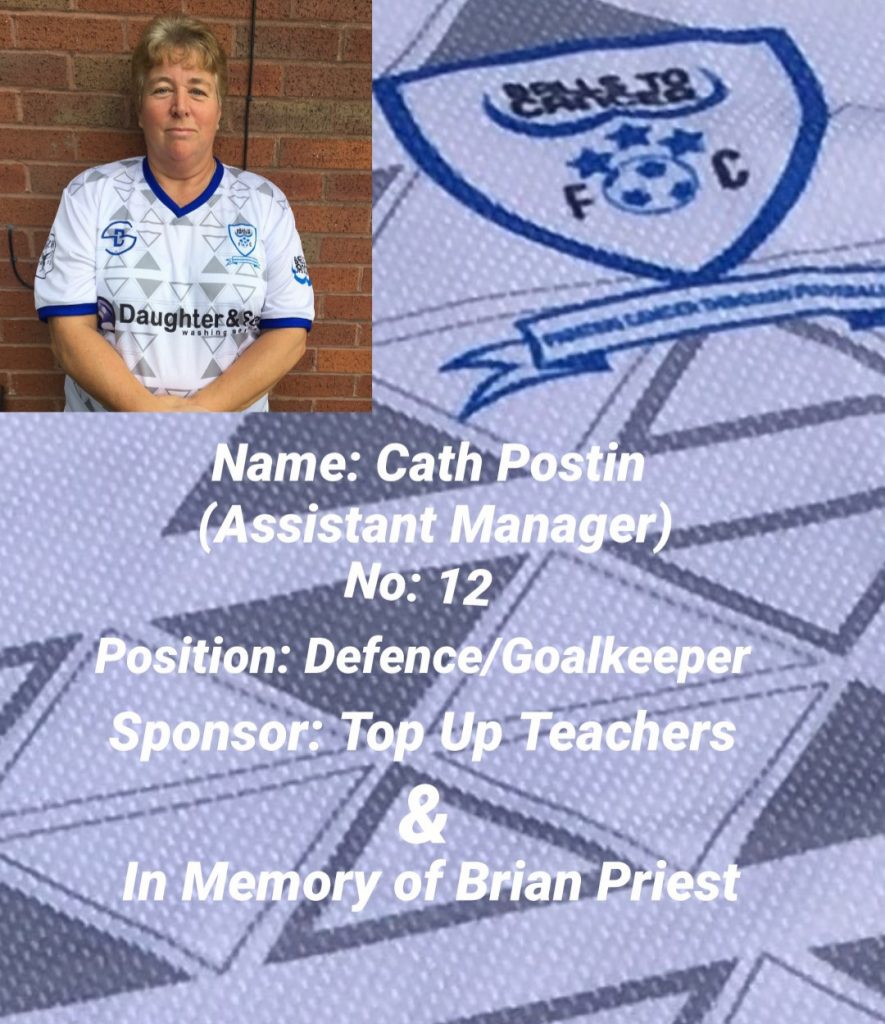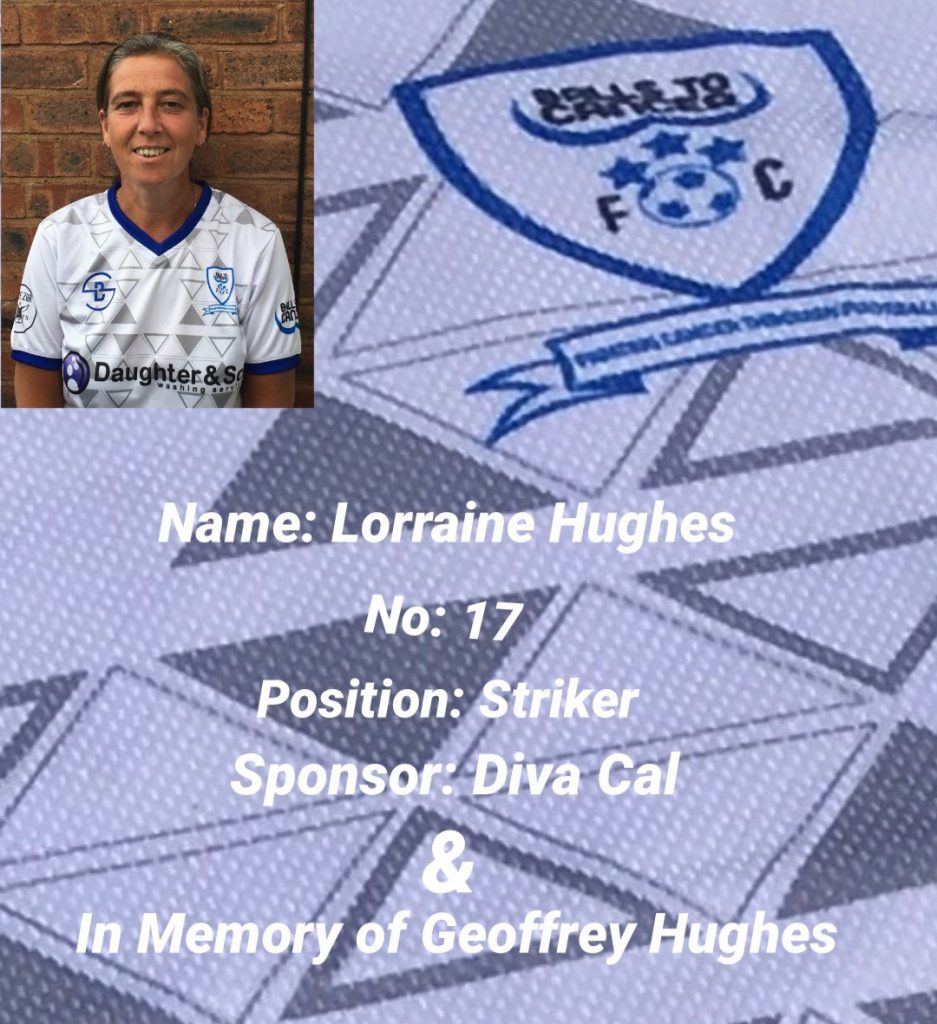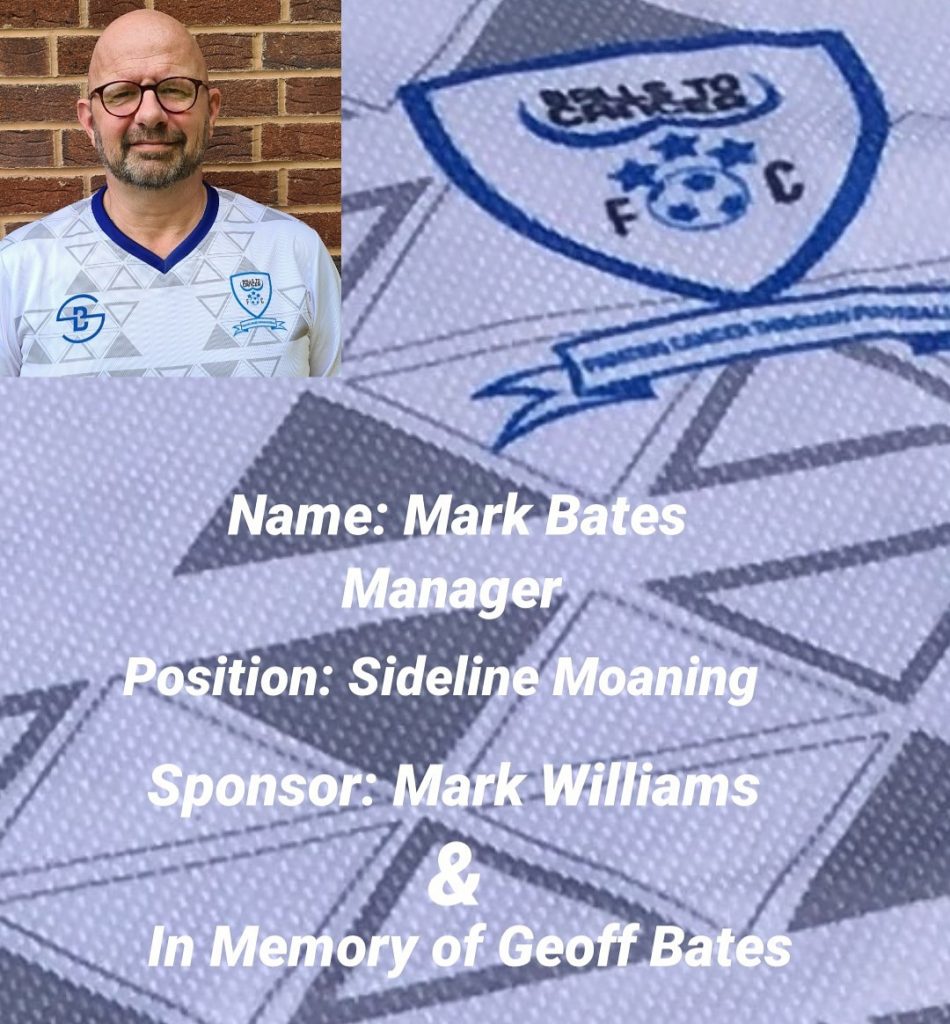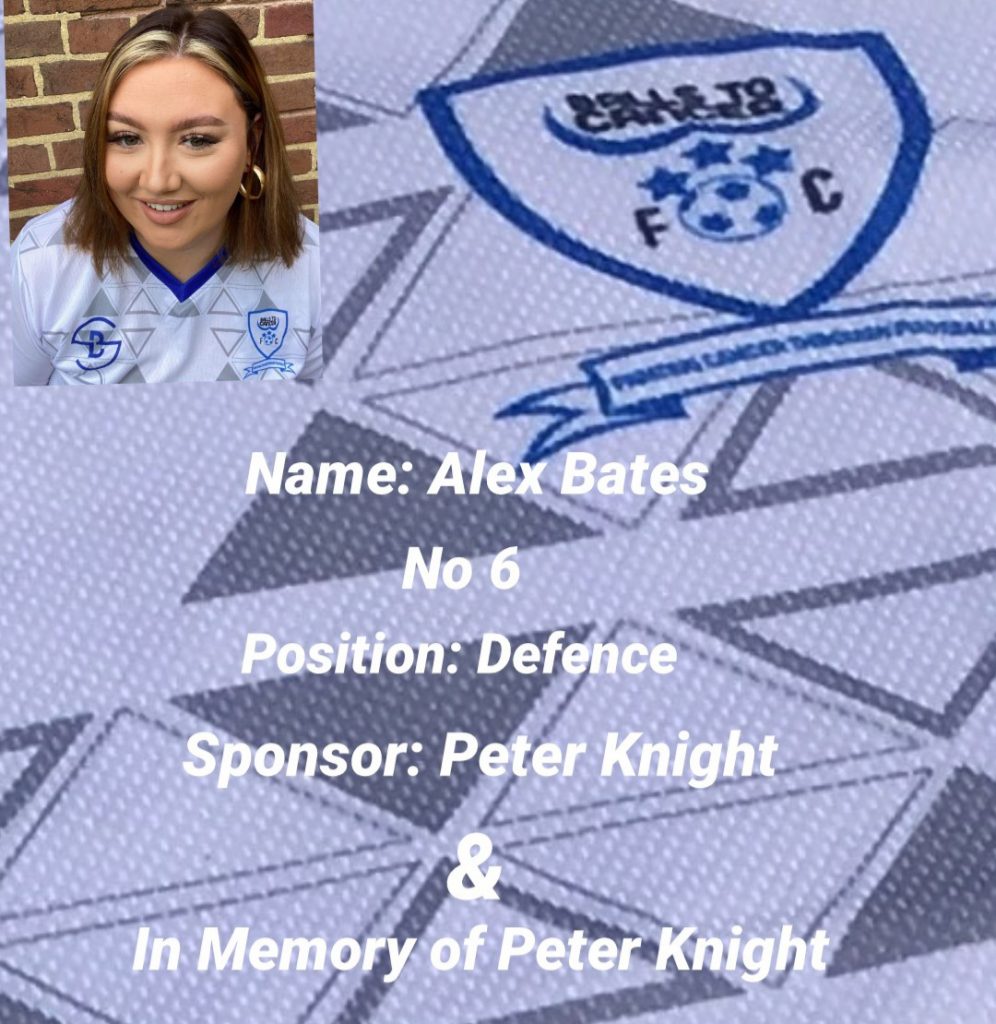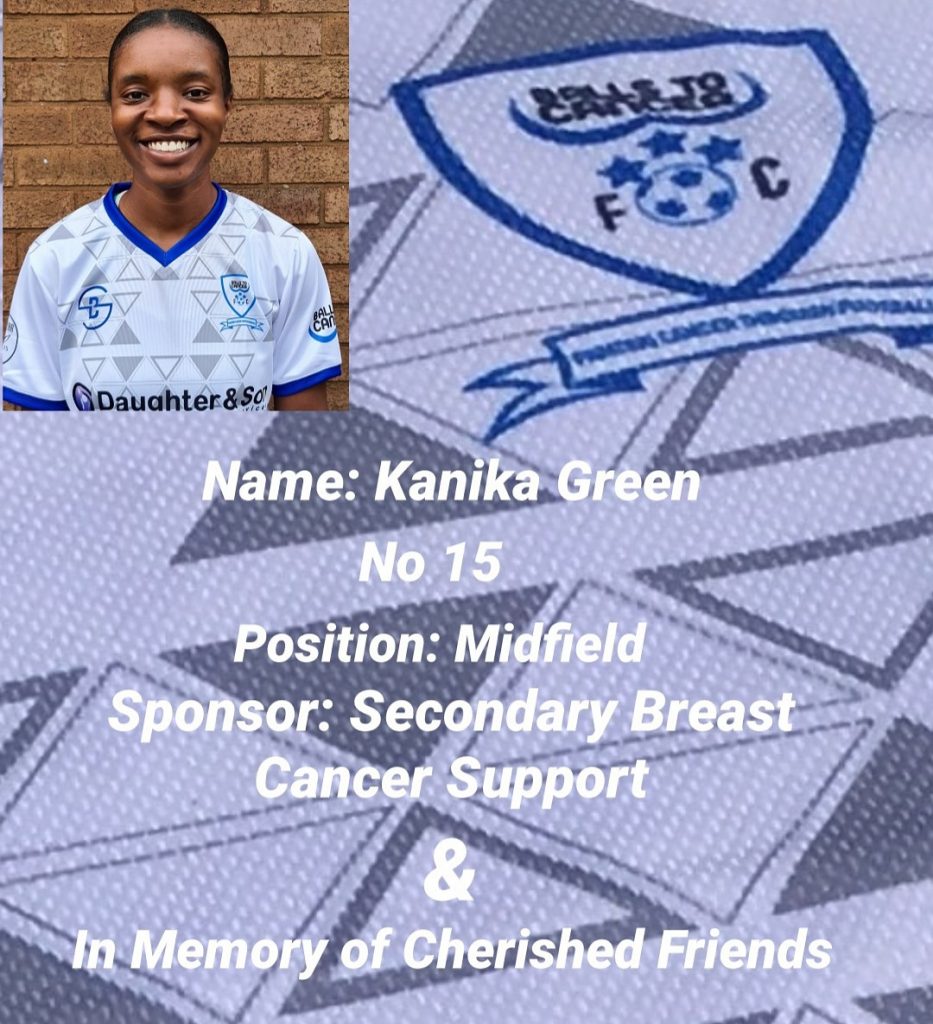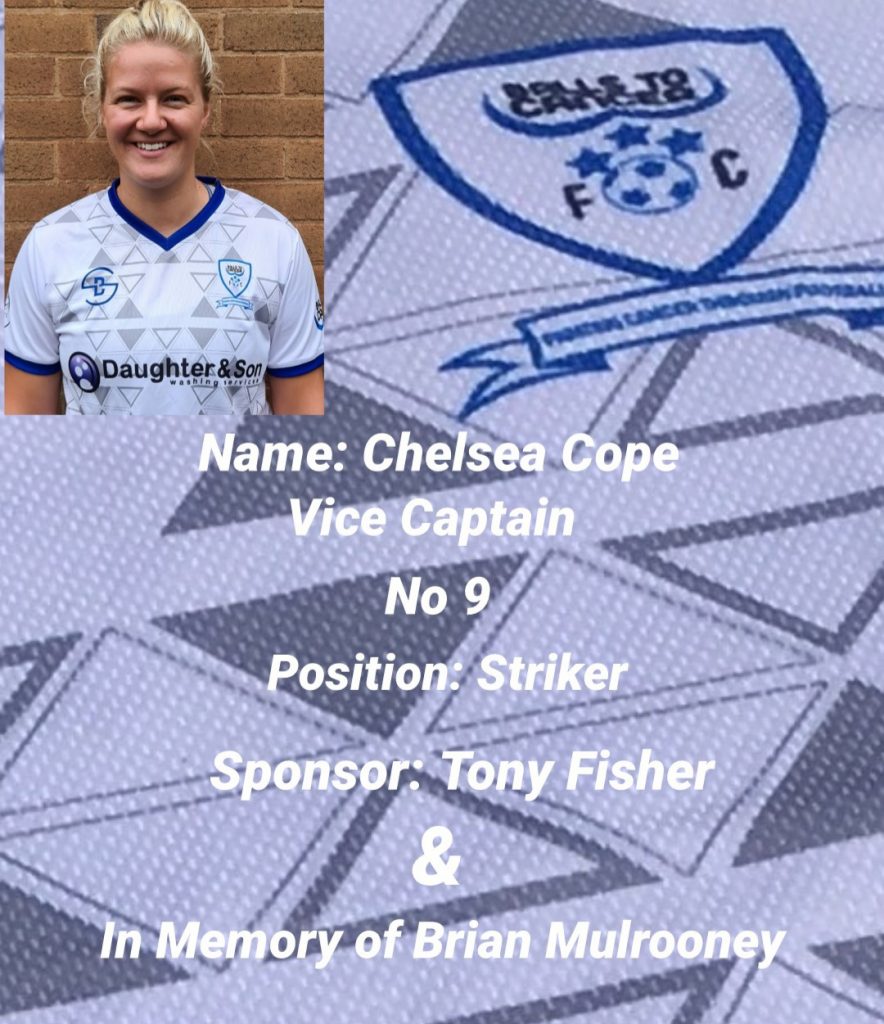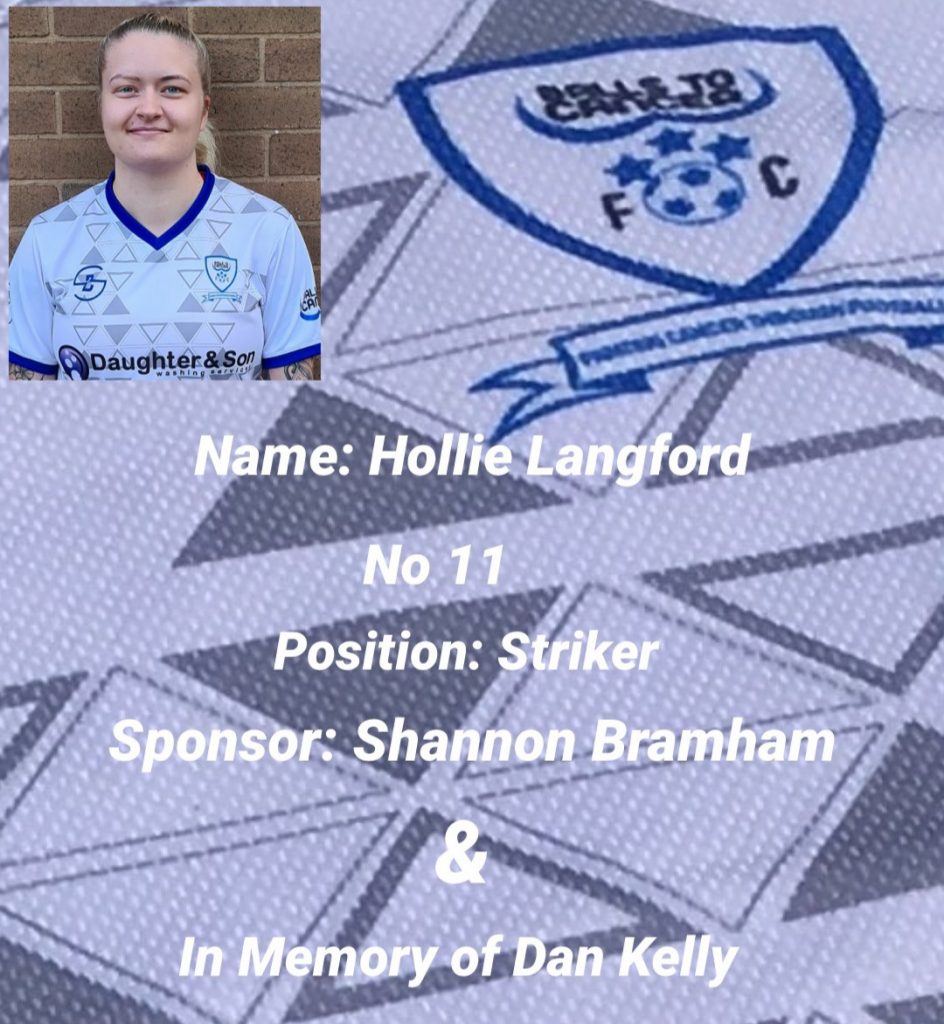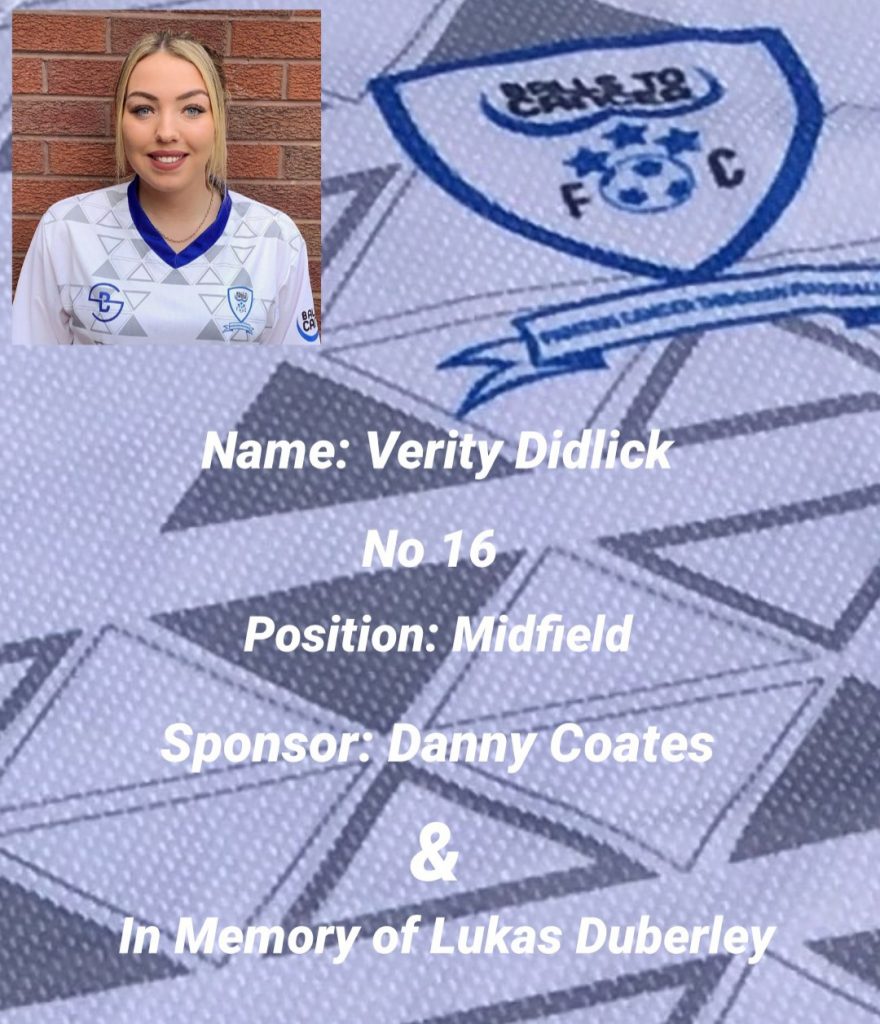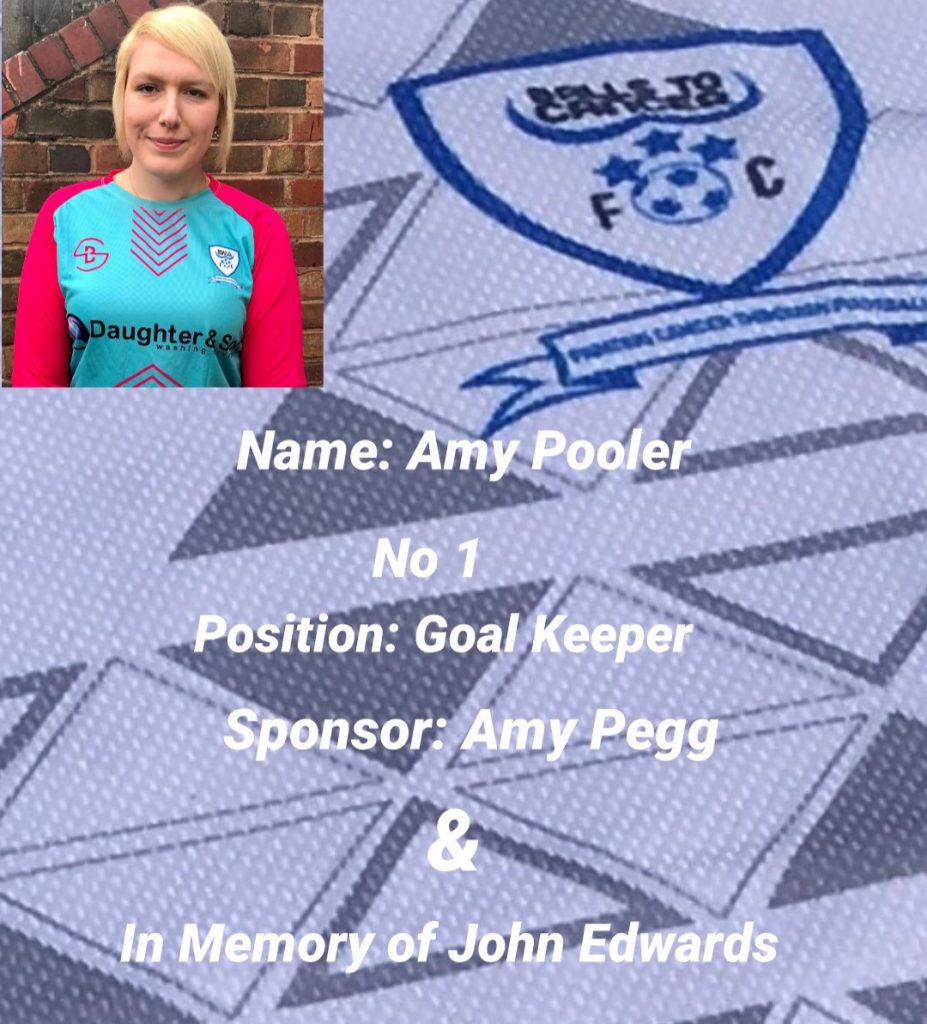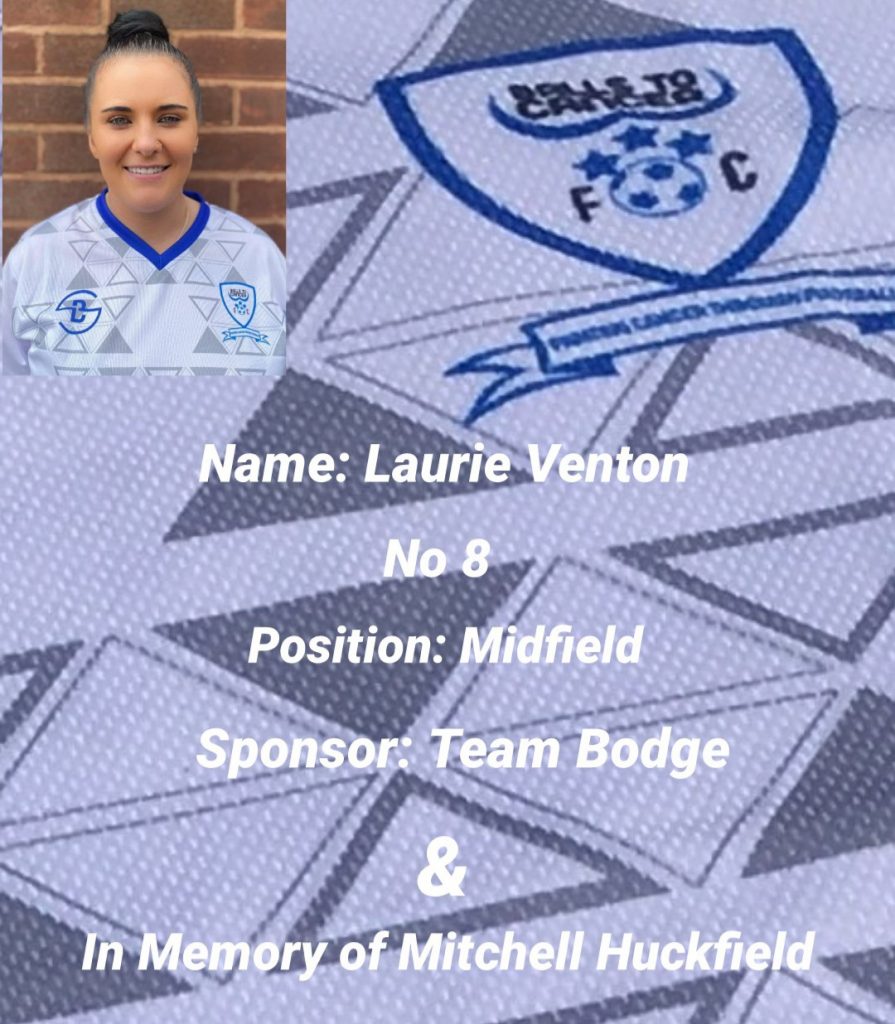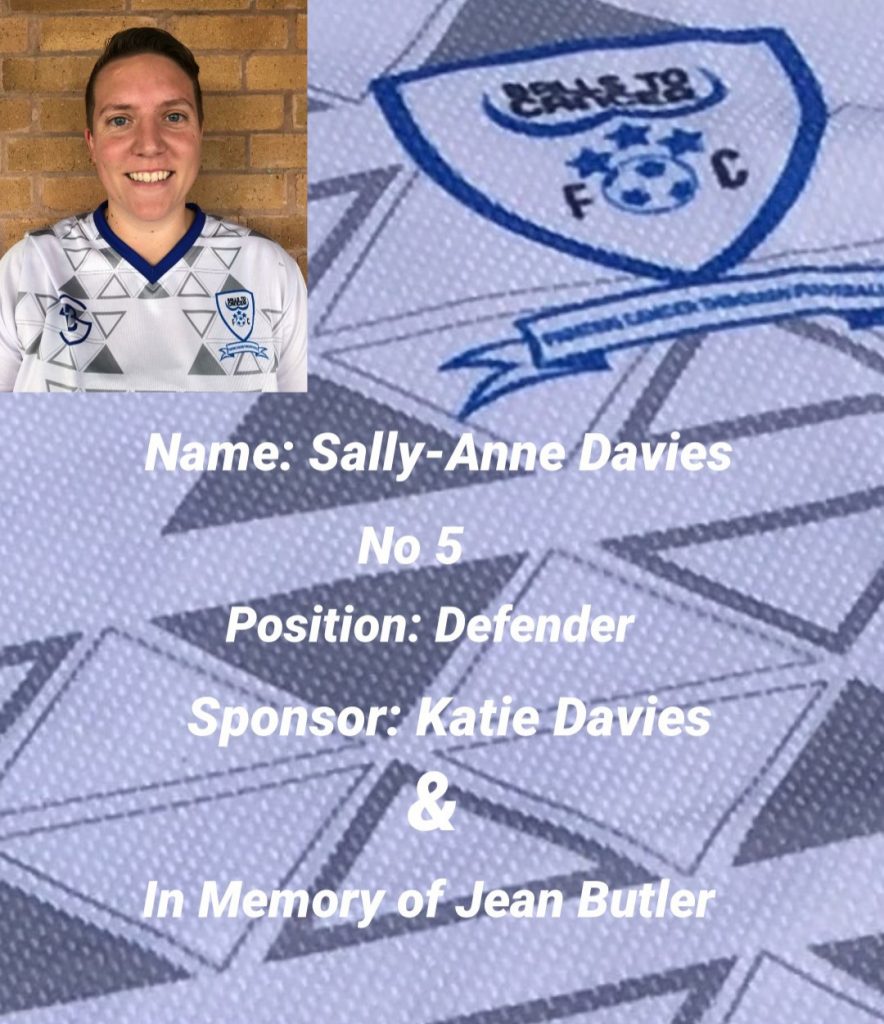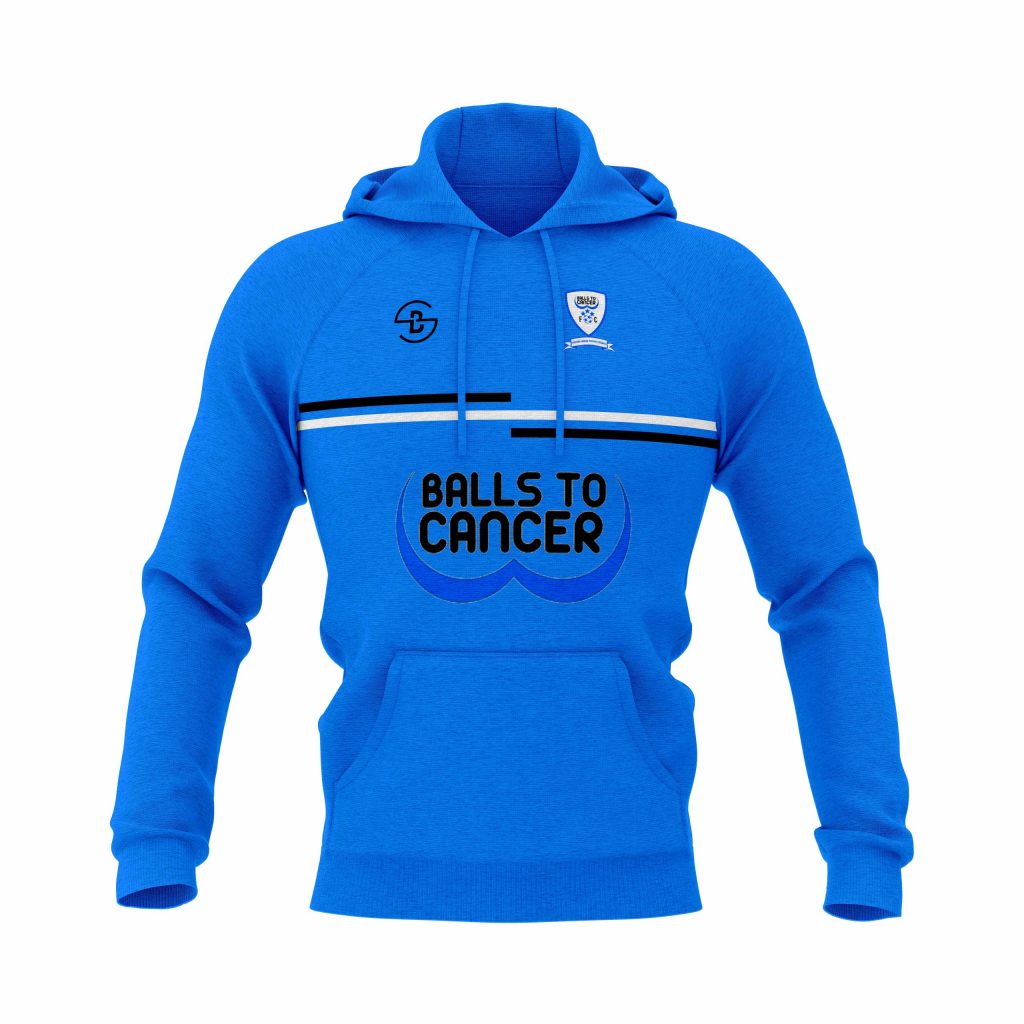Words by Professor Karol Sikora, Consultant Oncologist and Medical Director, Rutherford Cancer Centres and former Director of WHO Cancer Programme
Some 30,000 people each month are normally found to have cancer and around 450 a day sadly die from the disease. There are no peaks or troughs – just a flat line which refuses to budge.
But over the last three months the number of people diagnosed has fallen precipitously. My estimate is that less than a third of the expected number of patients have been diagnosed.
Several studies – one from Cancer Research UK, one from Kings College and yet another from University College suggest a similar number. So where are the missing patients and why does it matter?
Rates of cancer in this country haven’t just dropped off a cliff, the disease will be growing, undetected, in thousands of people. They’re just not being diagnosed.
Frankly, I’m astounded more hasn’t been done. The whole reason I got involved in the coronavirus debate was to stand up for the forgotten cancer patients, everything I feared back then has happened, perhaps even worse than I imagined.
Cancer doesn’t care about pandemics – it has its own very different agenda, it’s the unseen enemy within.
The causes of cancer are multiple, but the result is the same – the subversion of the growth control processes of a cell. The rogue cells multiply and spread beyond the confines of the organ in which they arose. Breast, colon, prostate and lung are the four commonest sites, but all organs can be affected.
Spread of cancer by a process called metastasis (from Greek meaning change of place) is lethal. Cancer cells can grow outside the organ from which they arose spreading via the lymphatic system and blood to lungs, liver, brain and bone. They leave a trail of destruction which eventually kills.
We do have effective therapies – surgery, radiotherapy, chemotherapy and immune treatments but they all work best when the disease is localised.
Delay makes spread more likely and so the outcome of treatment will be significantly poorer. It also means that optimal care will be longer, more challenging and result in more side effects.
So here we are nearly four months into the pandemic and the numbers of new cancer patients are still frighteningly low.
The numbers of patients consulting with GPs are slowly climbing but not nearly quick enough, continued delays in the diagnostic pathway, difficulties in scheduling surgery. So tens of thousands of people aren’t being diagnosed, and many of those who do find they aren’t getting treatment as quickly as they should.
At the start of the pandemic I would always talk in hypothetical terms about cancer, sadly it’s no longer a possibility, it’s happening.
The delays are inevitably causing upward stage migration in many patients. I’ve had far too many difficult conversations about a patient’s prognosis with them, I expect to have many more over the coming months.
There are lots of concerns around a second wave of coronavirus, and the country is rightly preparing for that but my concern is a tsunami of cancer, cardiac and other patients with serious illnesses who have been neglected the last few months.
For cancer, I expect it will come around September. If we aren’t ready the dam will burst with catastrophic effects.
My concern is a tsunami of cancer, cardiac and other patients with serious illnesses who have been neglected the last few months. Professor Karol Sikora
The backlog of cancer cases due to Covid-19 will require an emergency national response similar to the response to Covid-19 itself to prevent a full-blown health crisis in the coming months.
The stage migration of cancer with poorer outcomes was somewhat inevitable but the figures are worse than I anticipated.
So how do we fix it? We need solutions.
- 1. We need to make cancer centres around the country as secure as possible. Weekly testing for staff, temperature checks at the door, being ultra-cautious in the building.
- 2. Use all available capacity. The independent sector in this country has the capability to treat tens of thousands of patients. My network, the Rutherford Cancer Centres, has increased our collaboration with the NHS over the last few months and patients who may have otherwise missed treatment received it safely at our centres. The capacity is there – let’s use it.
- 3. Carefully monitor biopsies to predict the surge. We need to know when it will be all hands on deck so we can properly prepare. Oncologists are going to be very busy for a considerable amount of time.
- 4. Even embracing all available capacity, it still won’t be enough. Prioritisation of patients will be needed, and sadly for patients for whom it is safe to wait that may be needed to ensure the most urgent cases are dealt with.
- 5. Finally, weekend and evening shifts for staff. It would be wrong for machines to lie empty whilst patients are not receiving the care they need. Within reason, we’re all going to have to make an extra effort.
We desperately need to find a balance between fear and caution. When people are too frightened to get a persistent symptom checked out for fear of catching the virus, we must have gone wrong somewhere. Of course everyone needs to be careful, but leaving a symptom unchecked could be a deadly mistake.
Back at the start of this pandemic I wrote for ITV Newstrying to sound the alarm. I wasn’t listened to and we are now seeing the consequences.
I’ve tried to steer away from apocalyptic predictions for good reason, but I will make my own now. Unless something drastically changes and quickly, in a few years we will look back in horror at the number of people we lost needlessly to cancer. People have suggested 35,000 fatalities, I suspect it could be far higher.
An spokesperson for the NHS said: “More than 350,000 people received an urgent hospital check and 65,000 people started treatment for cancer through the peak of the pandemic, and after an entirely appropriate and necessary pausing of some screening and treatments to protect patients from the risk of the virus, the NHS is taking urgent action to increase the number of tests and treatment carried out so that more people are able to be seen quickly and safely.
“The critical point remains that anyone with a possible symptom should come forward for a check-up with their GP as they normally would.”
Source: ITV.com
